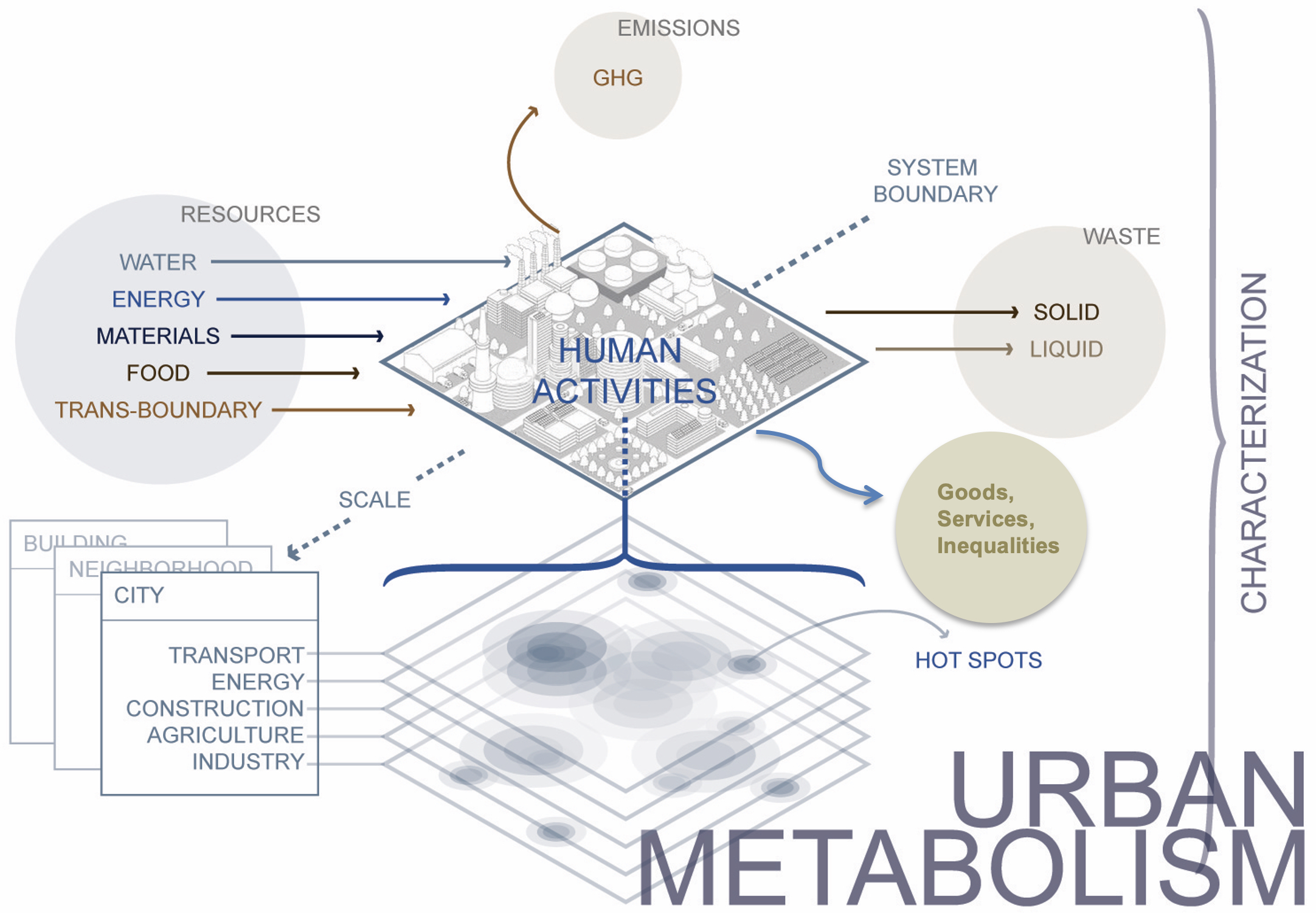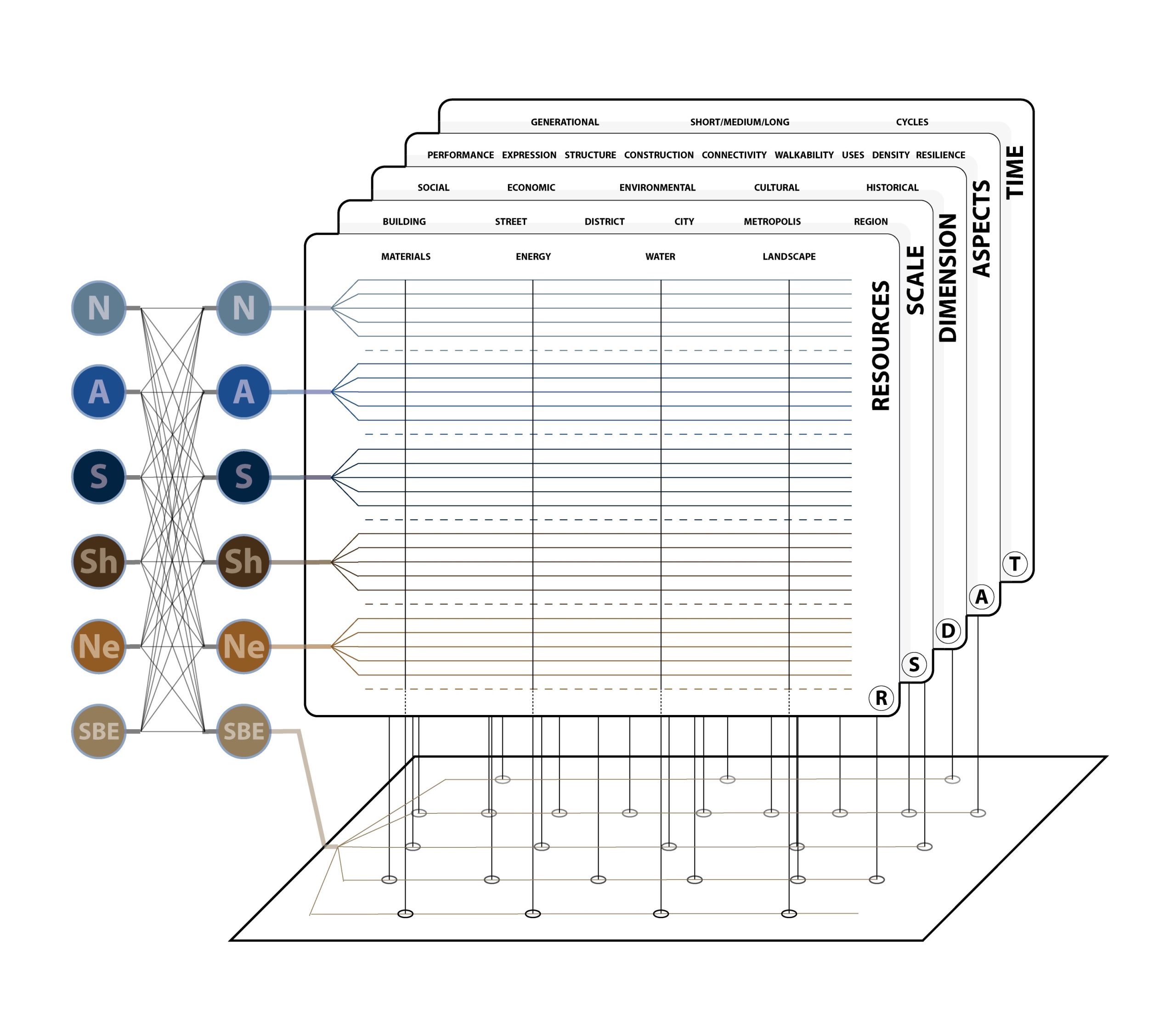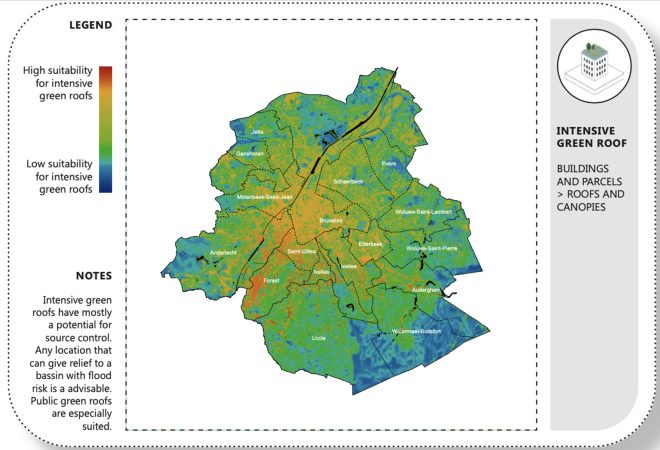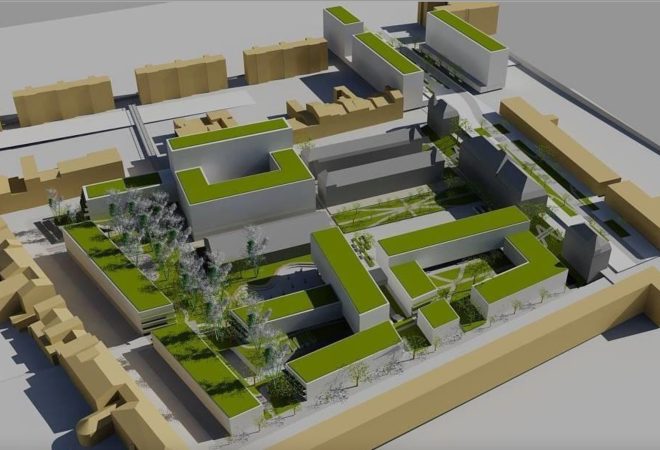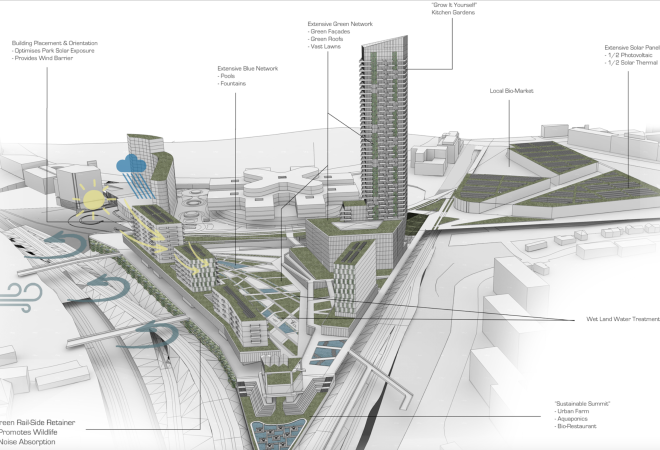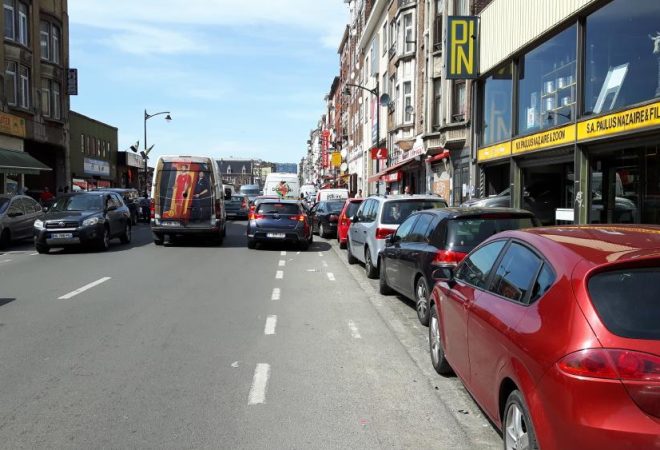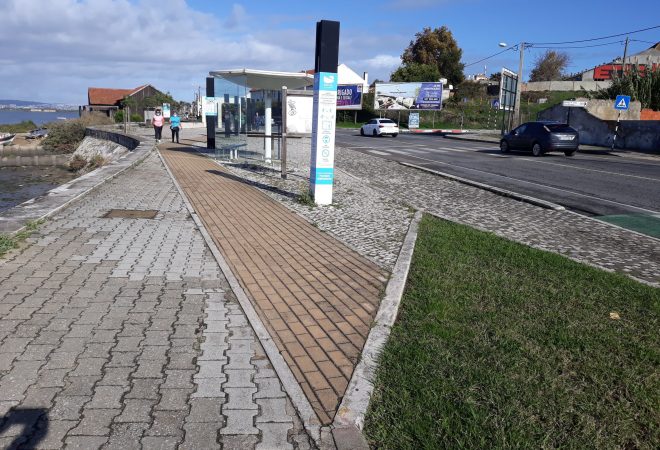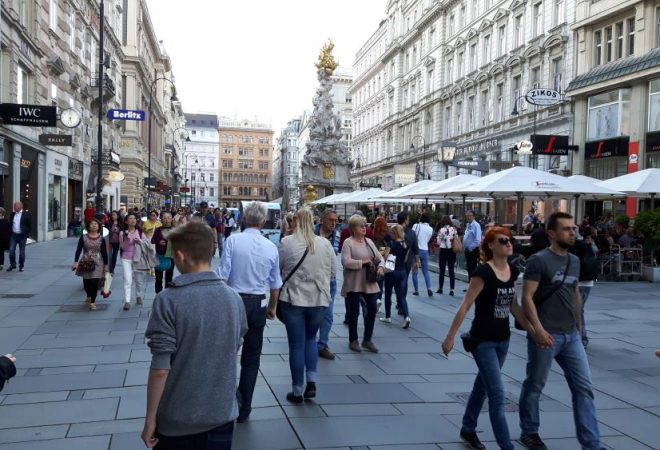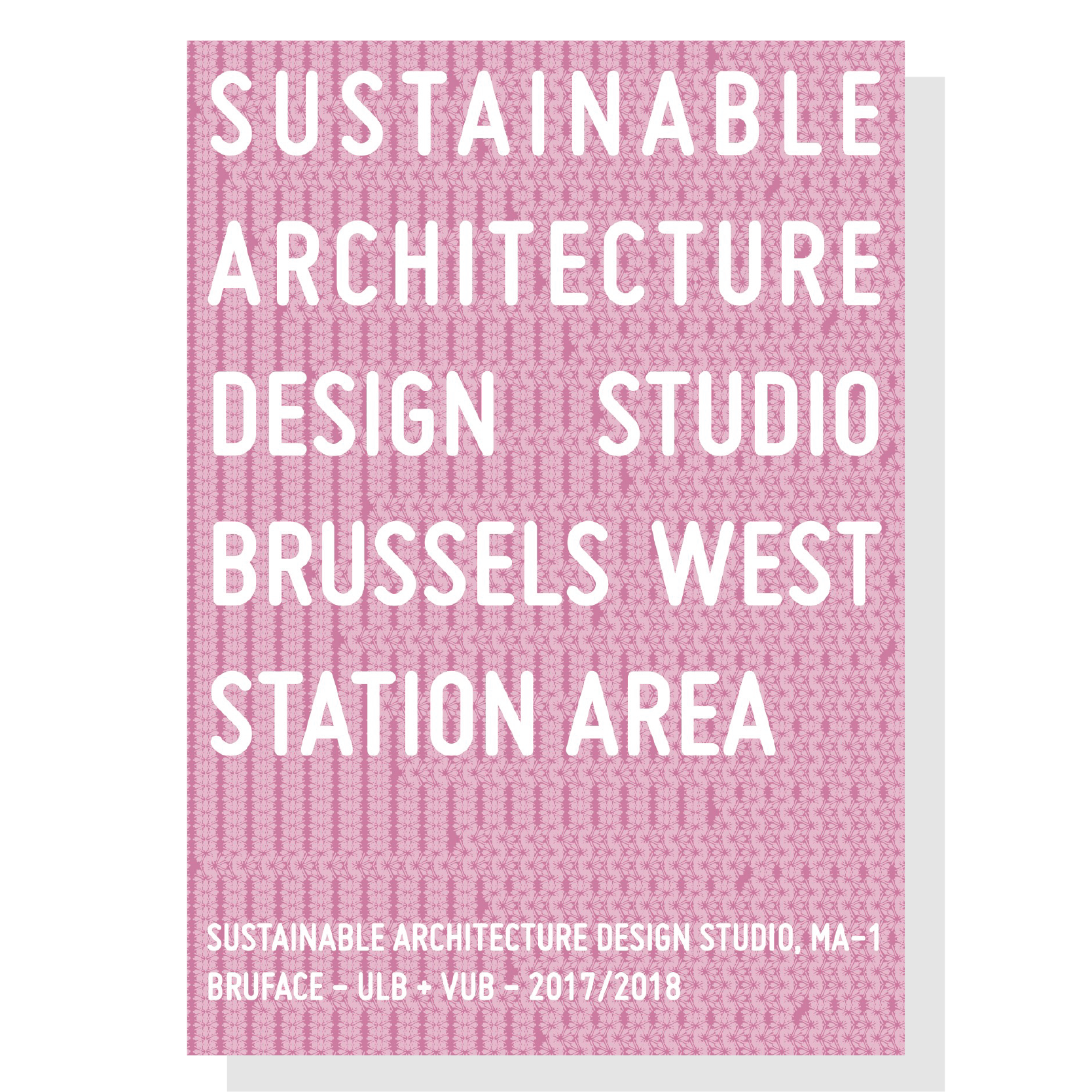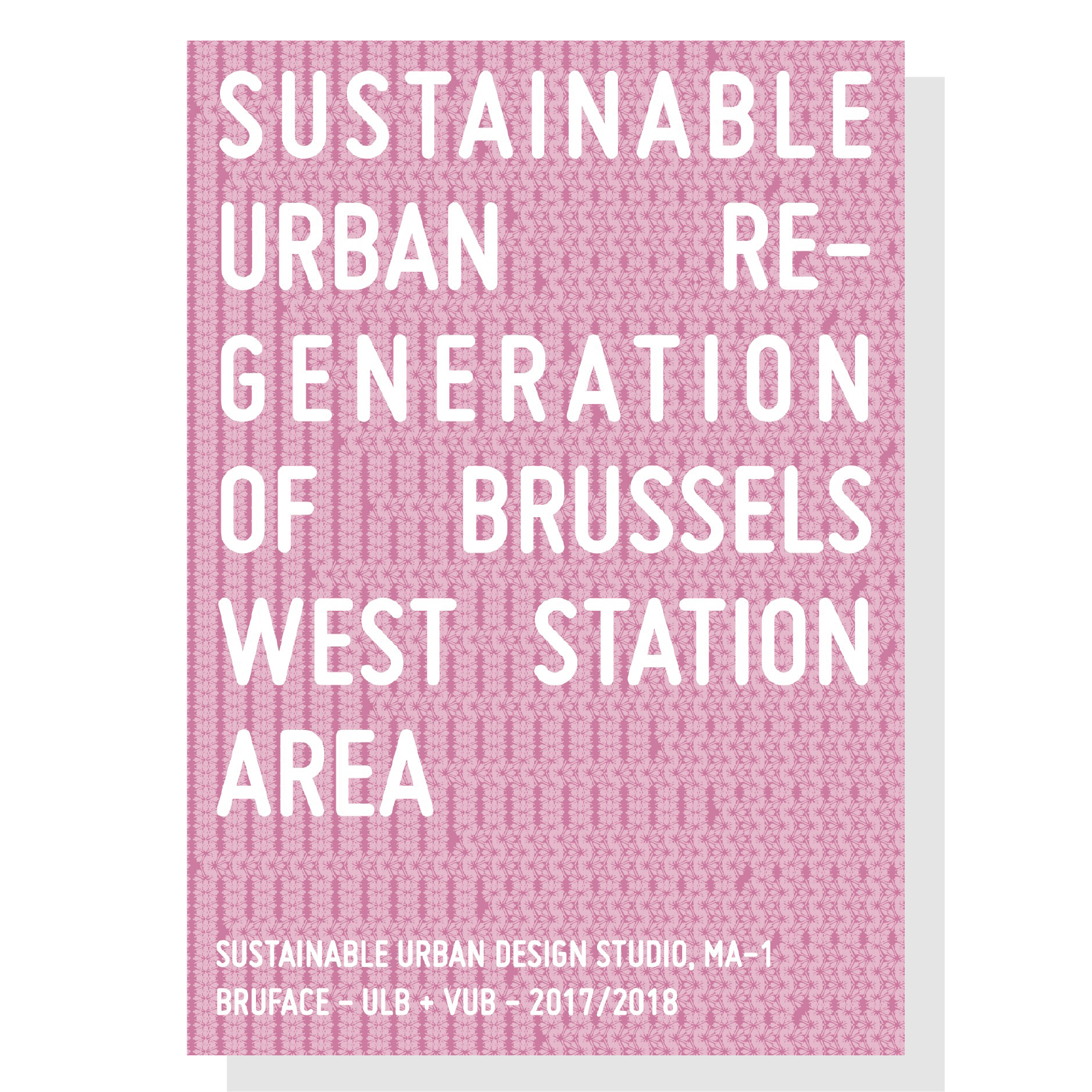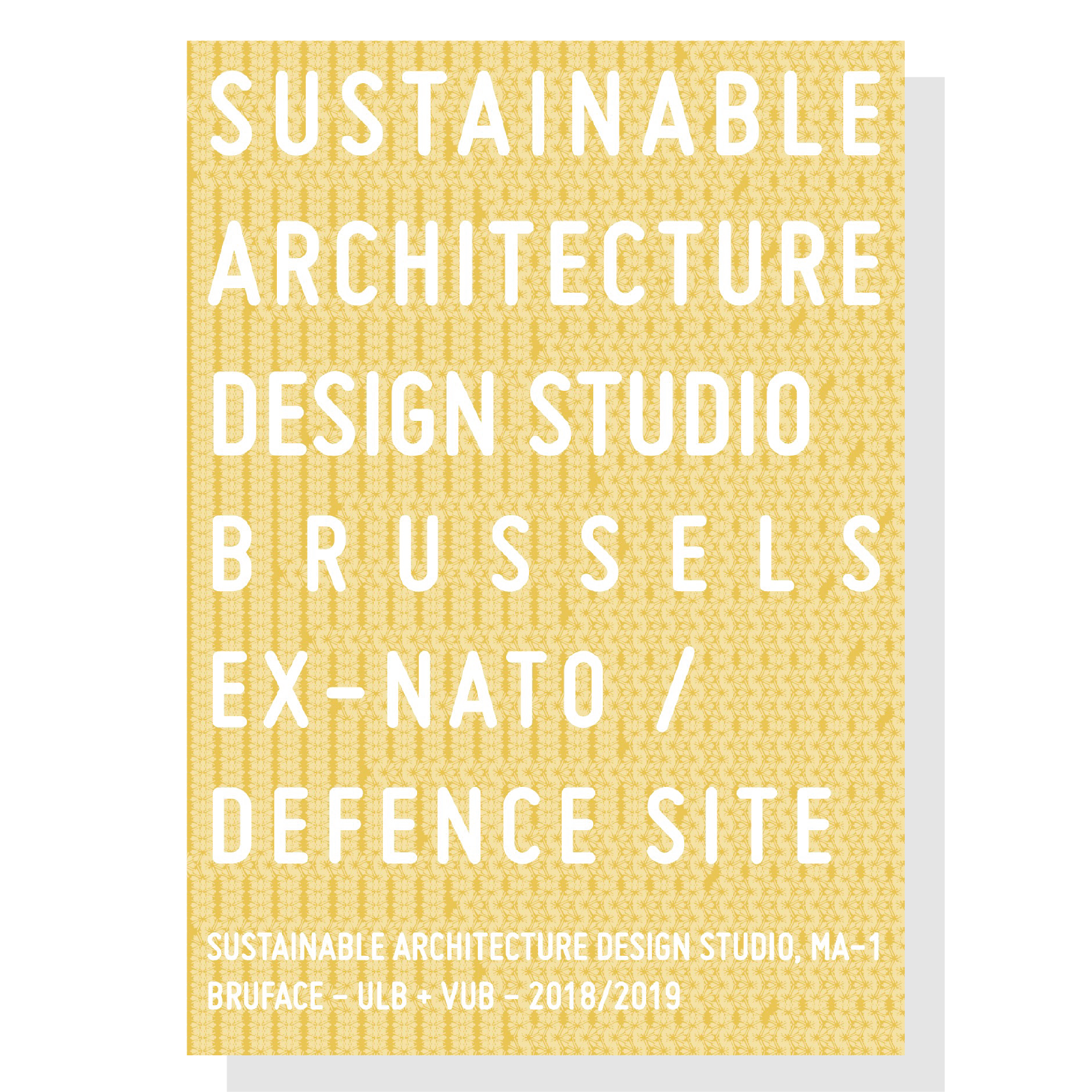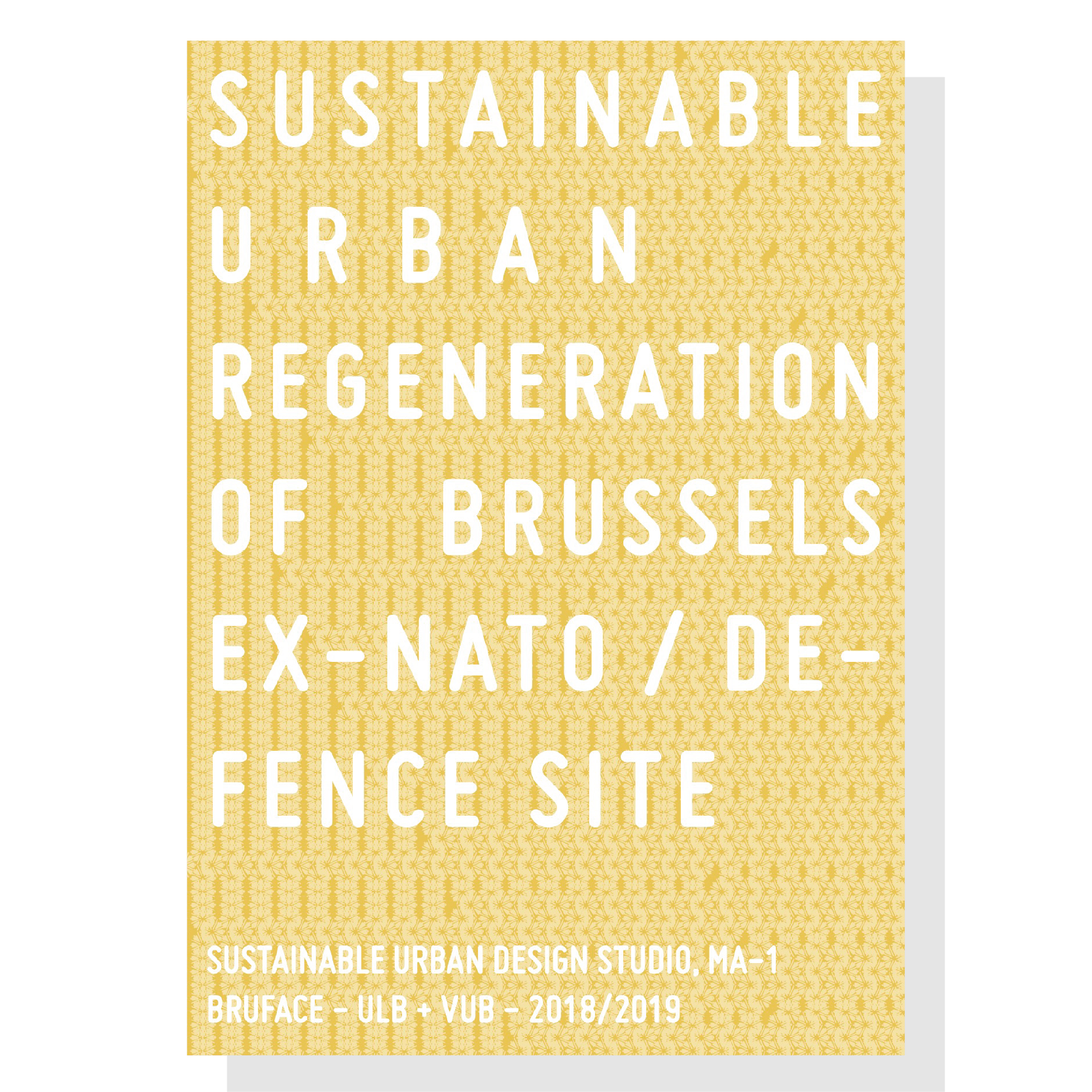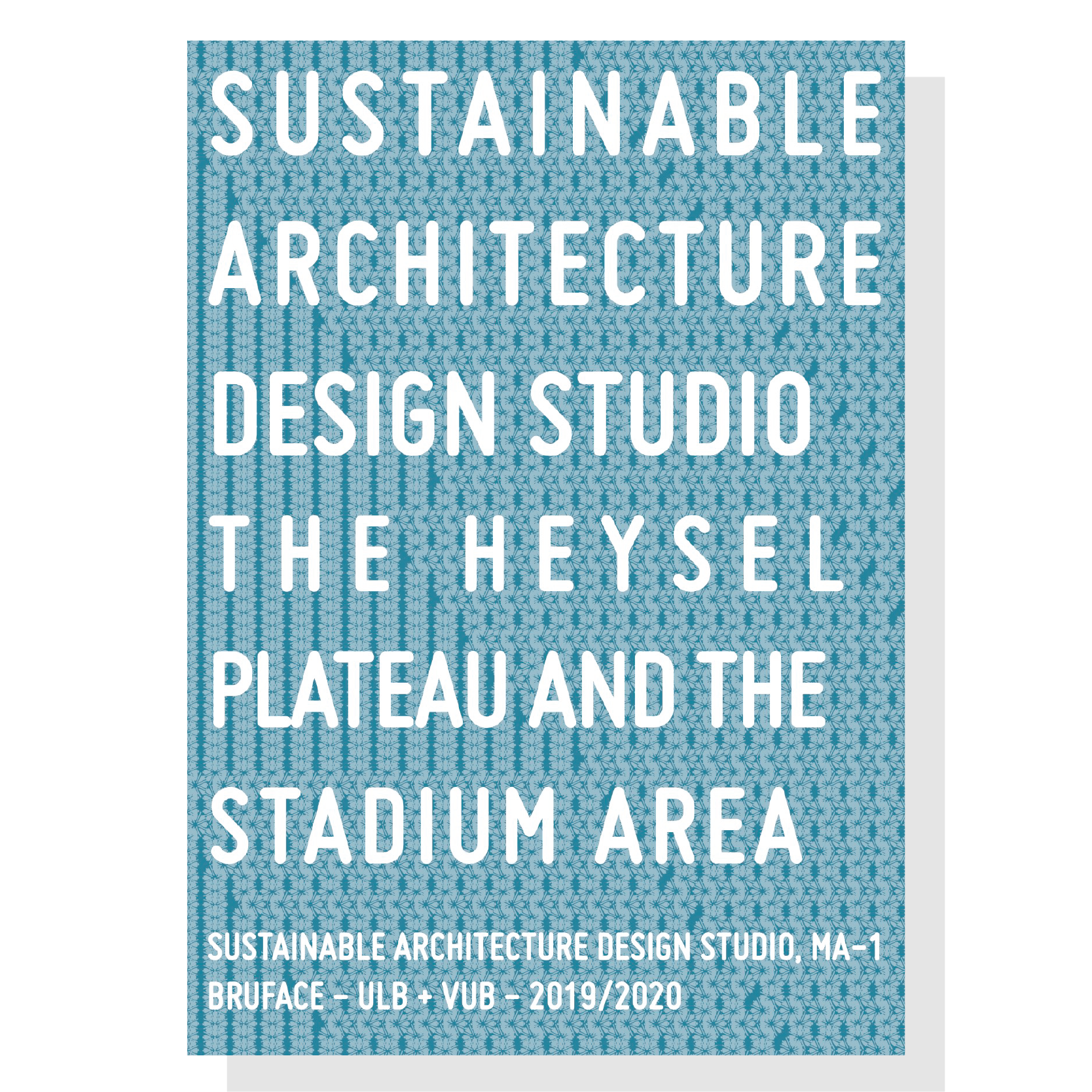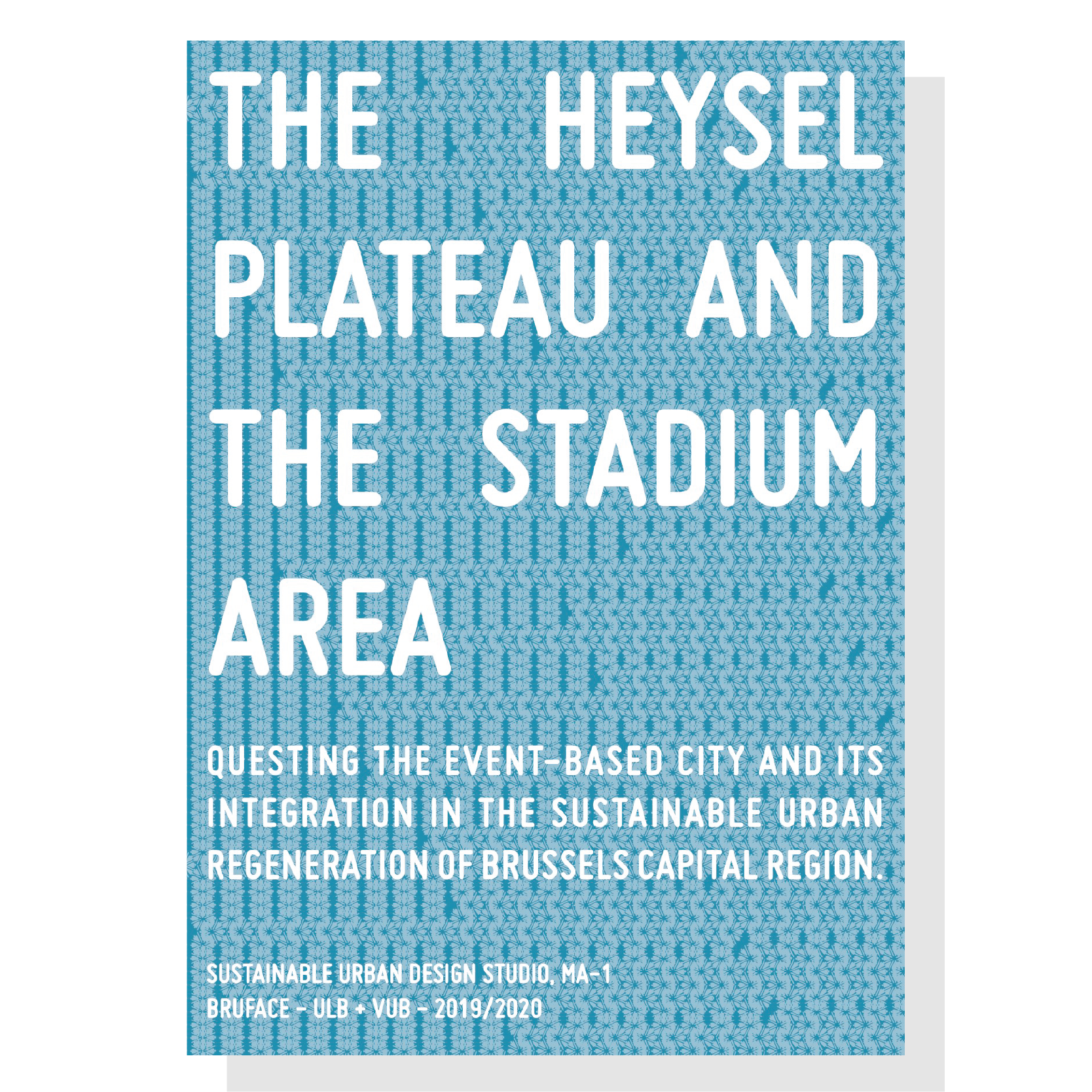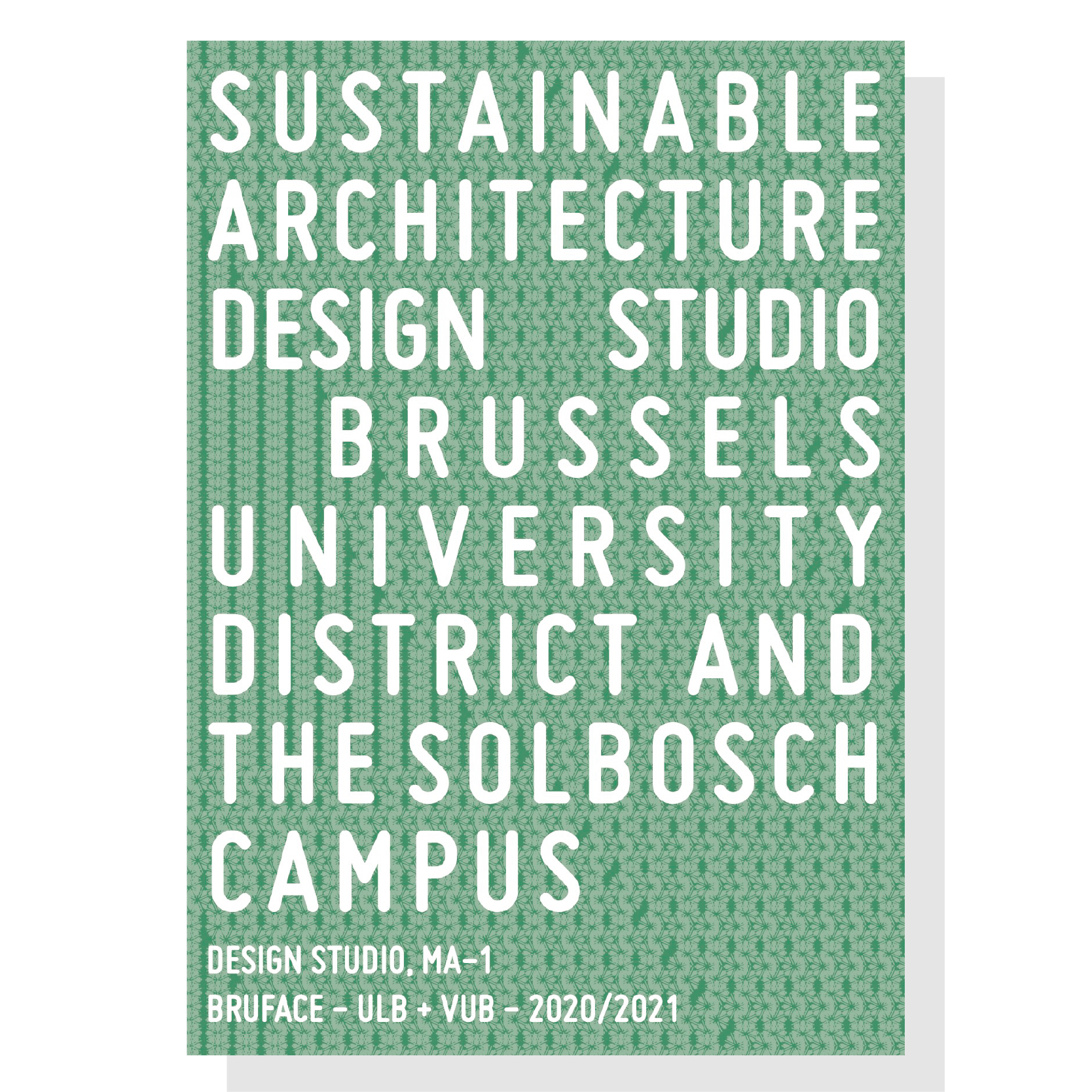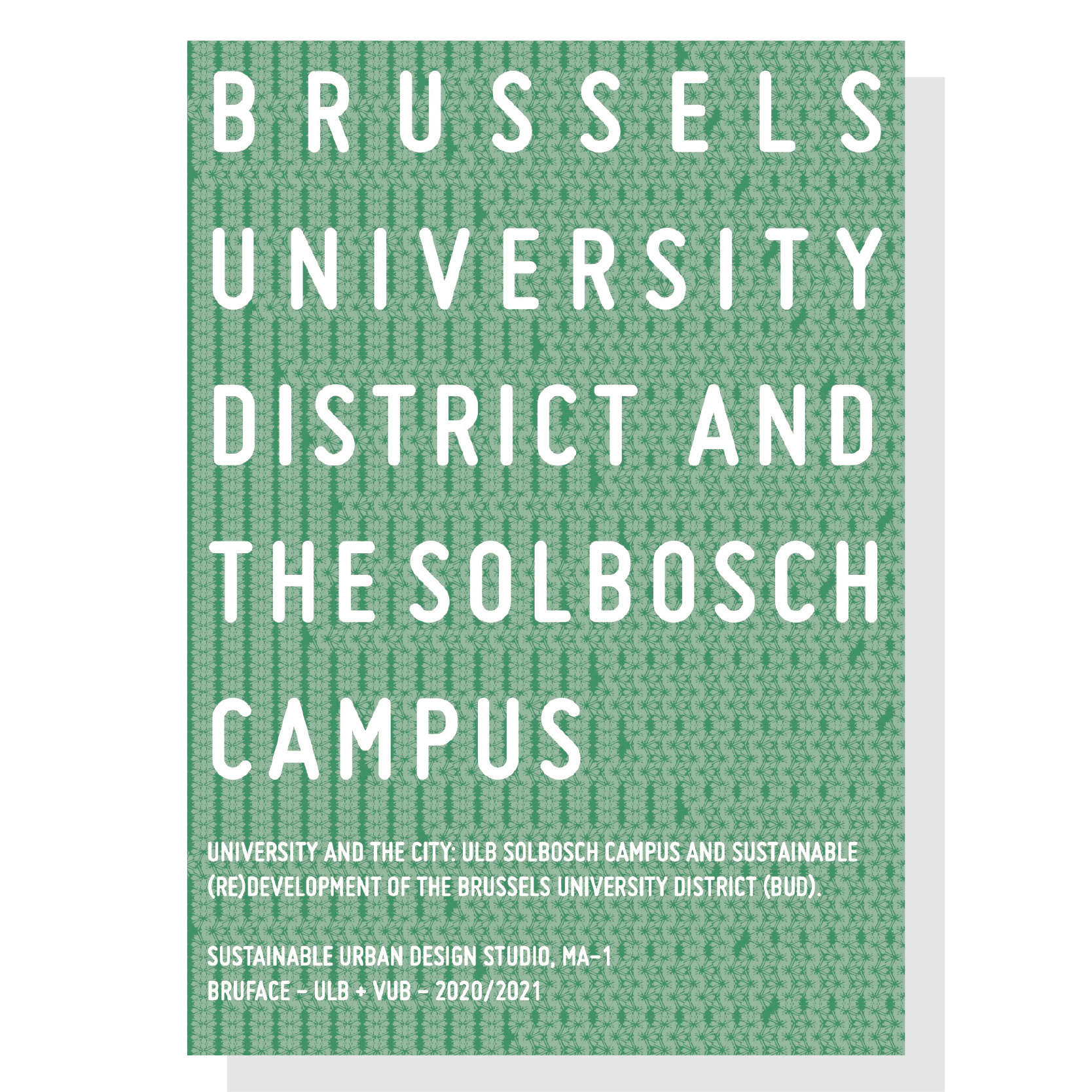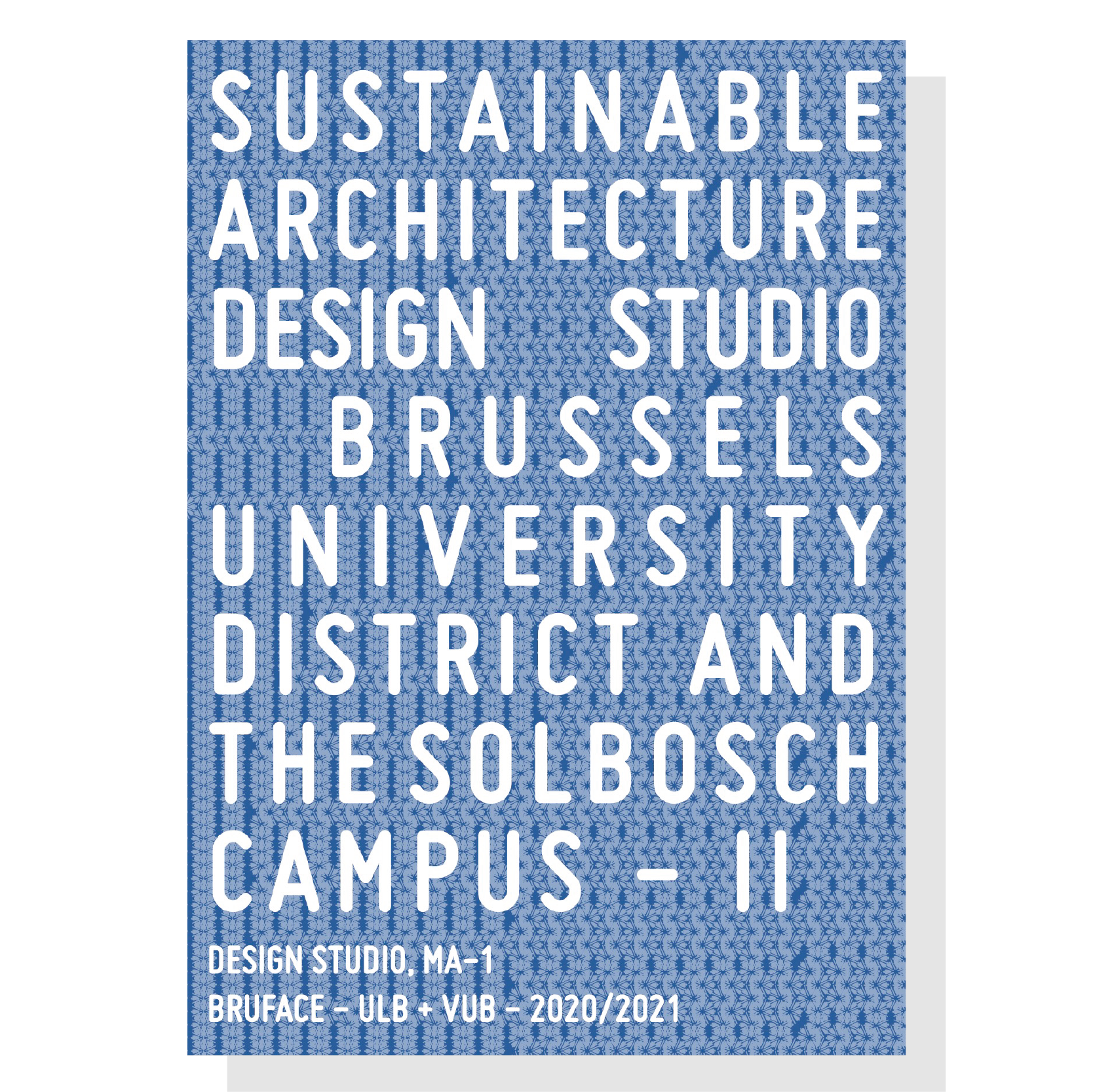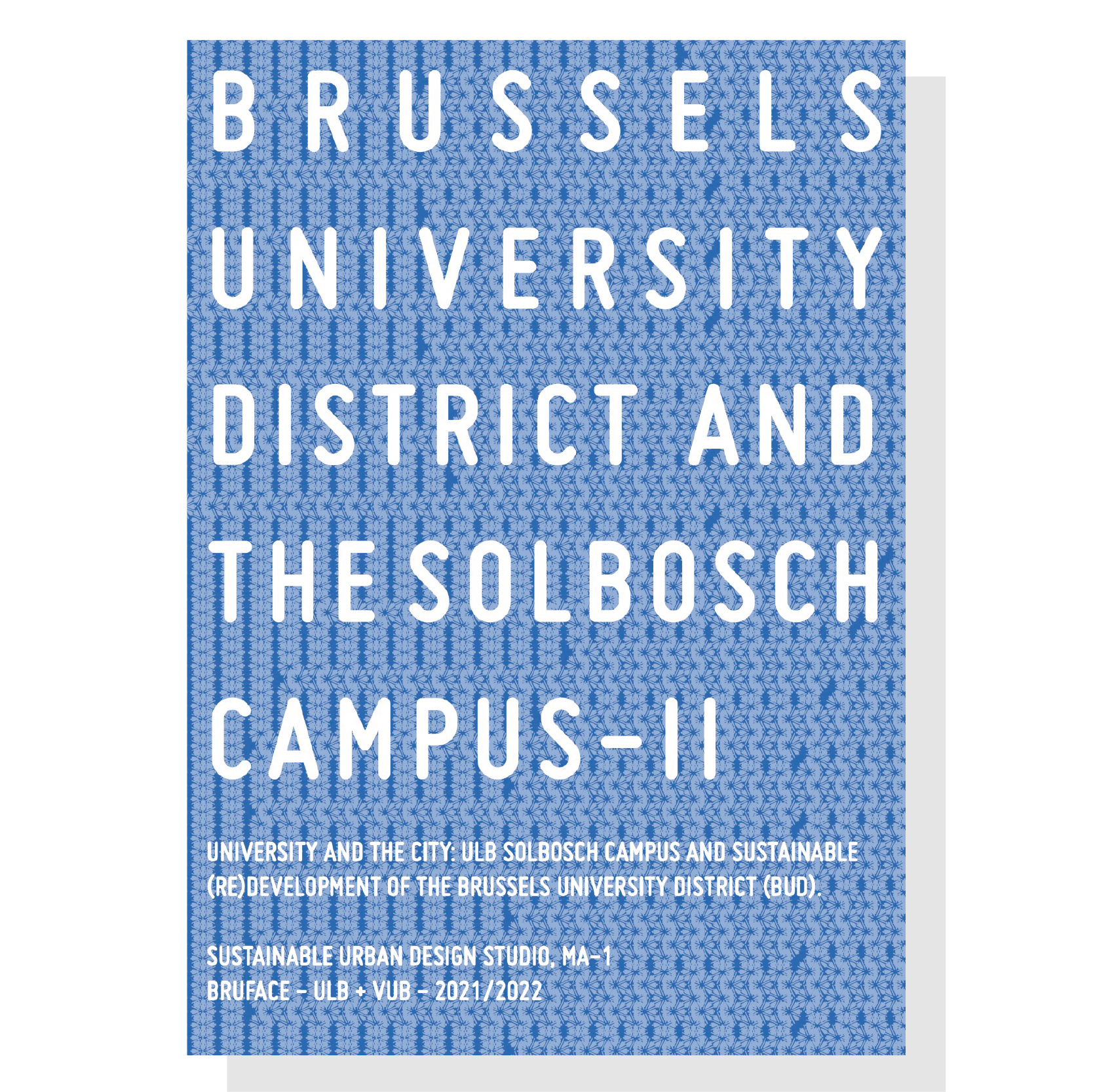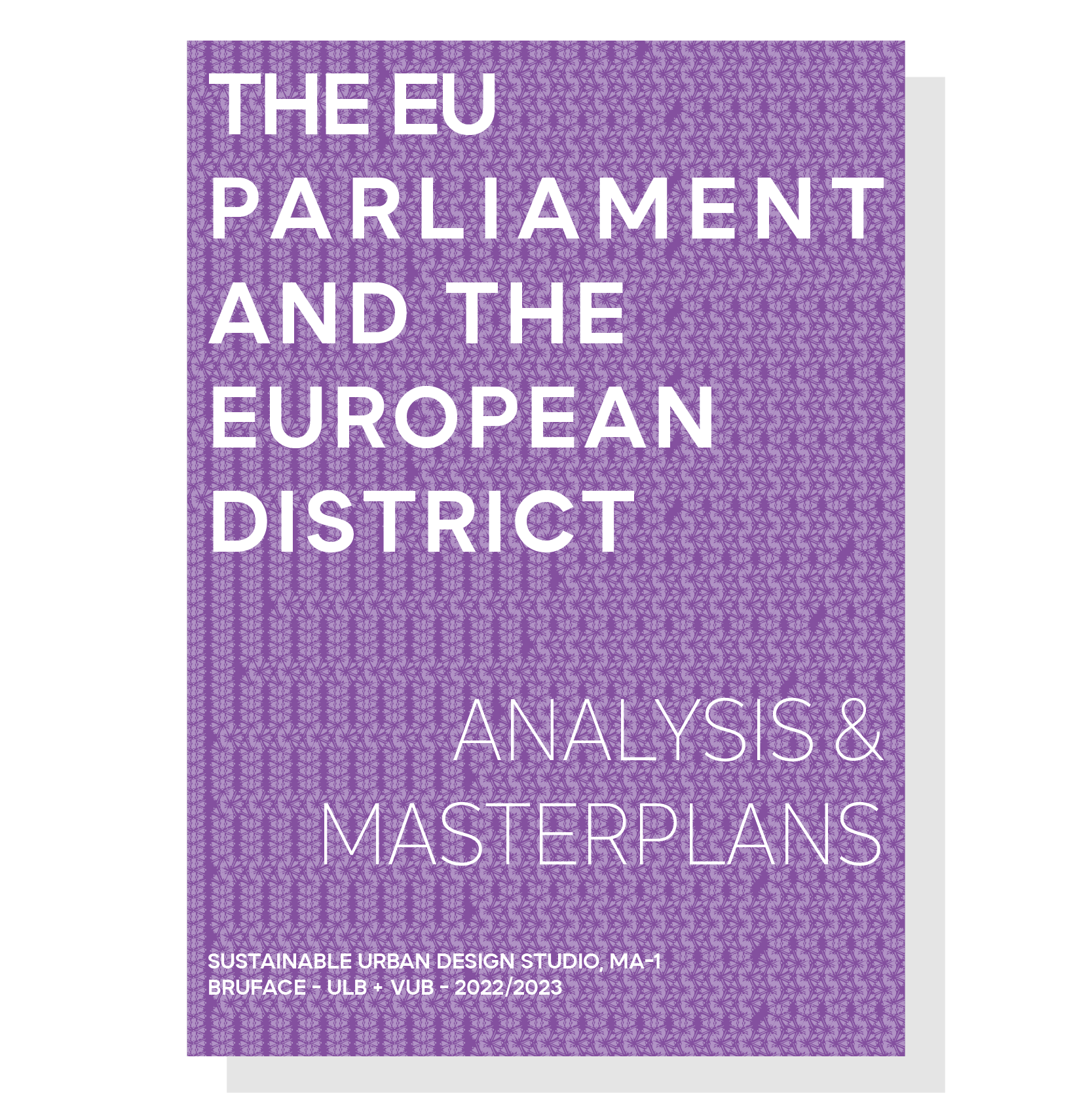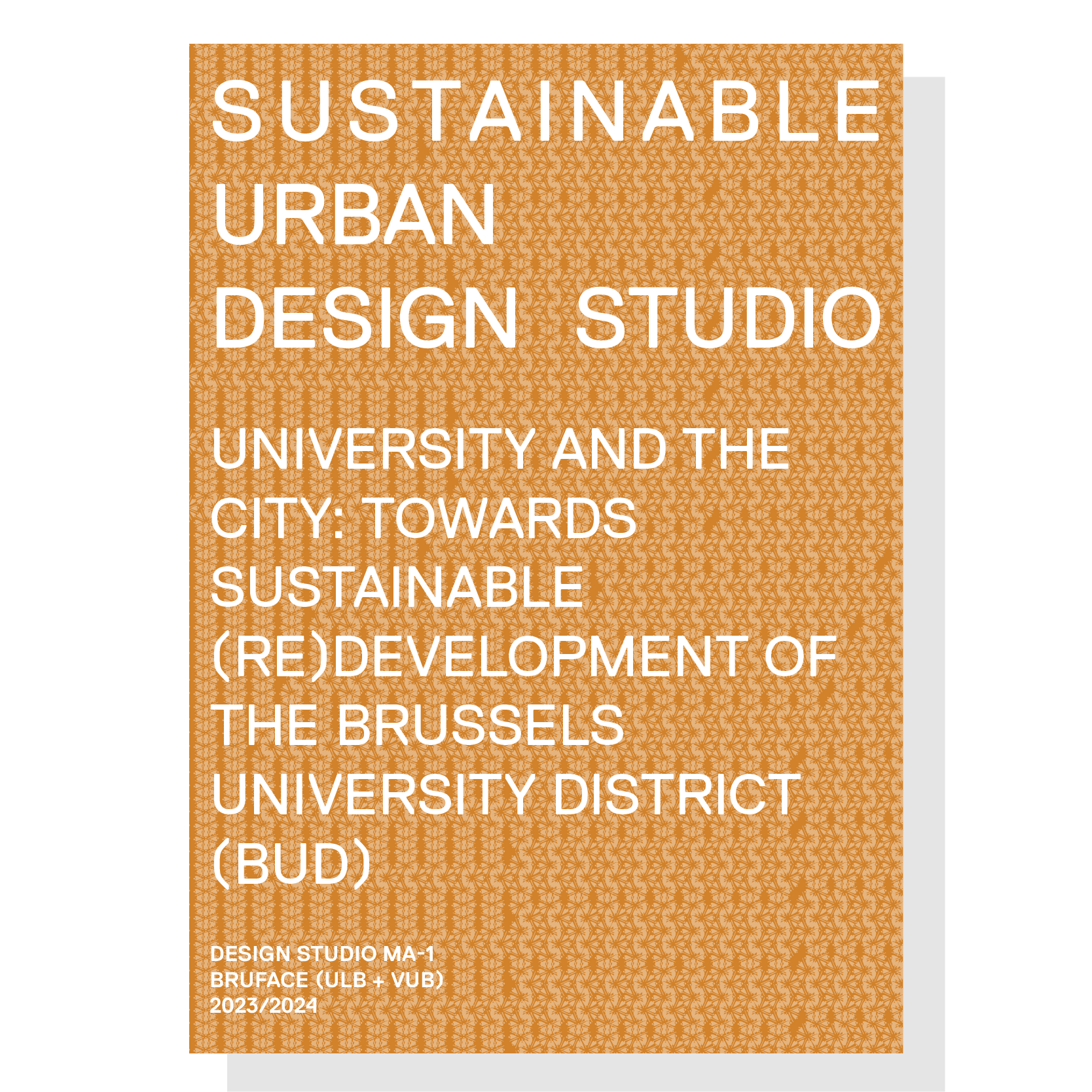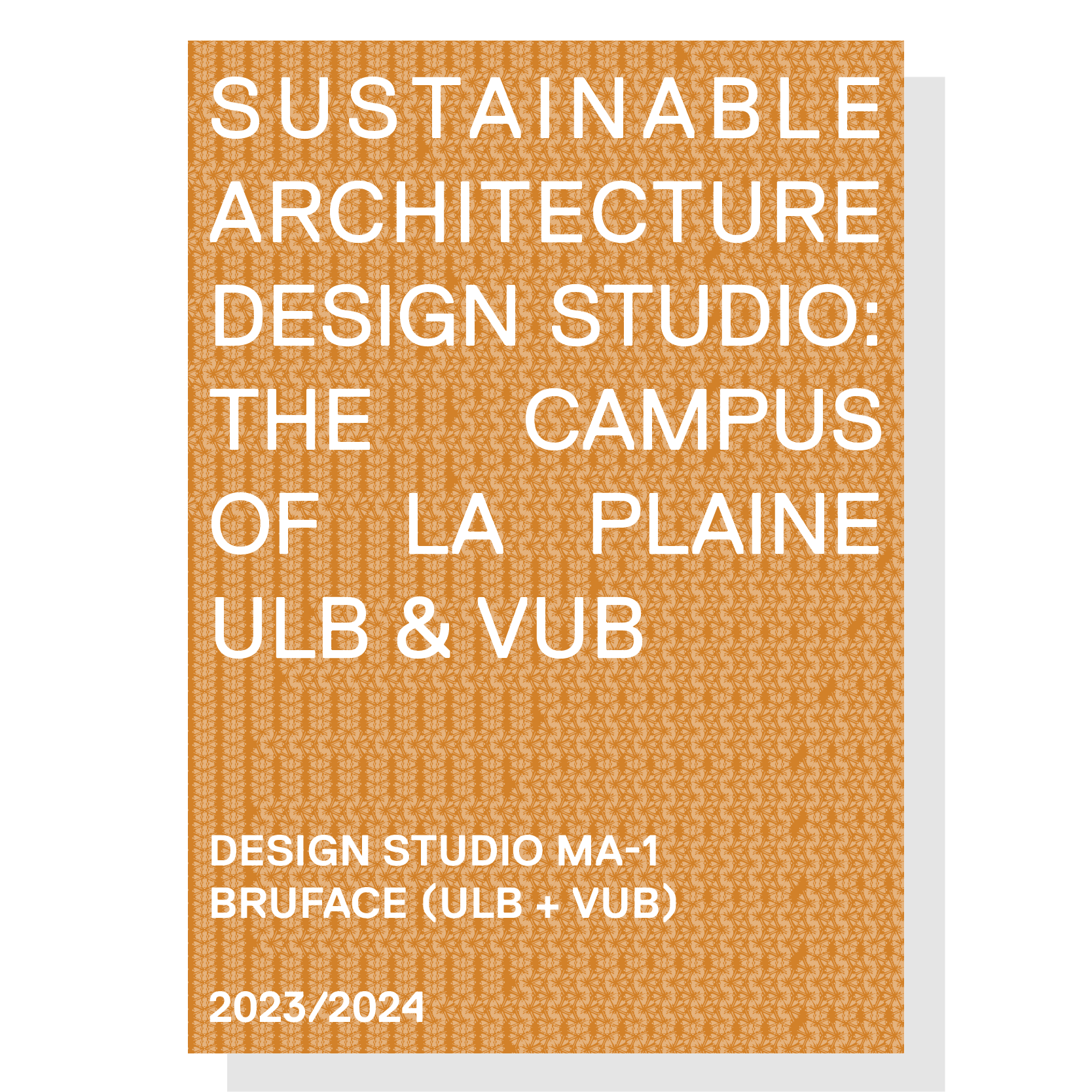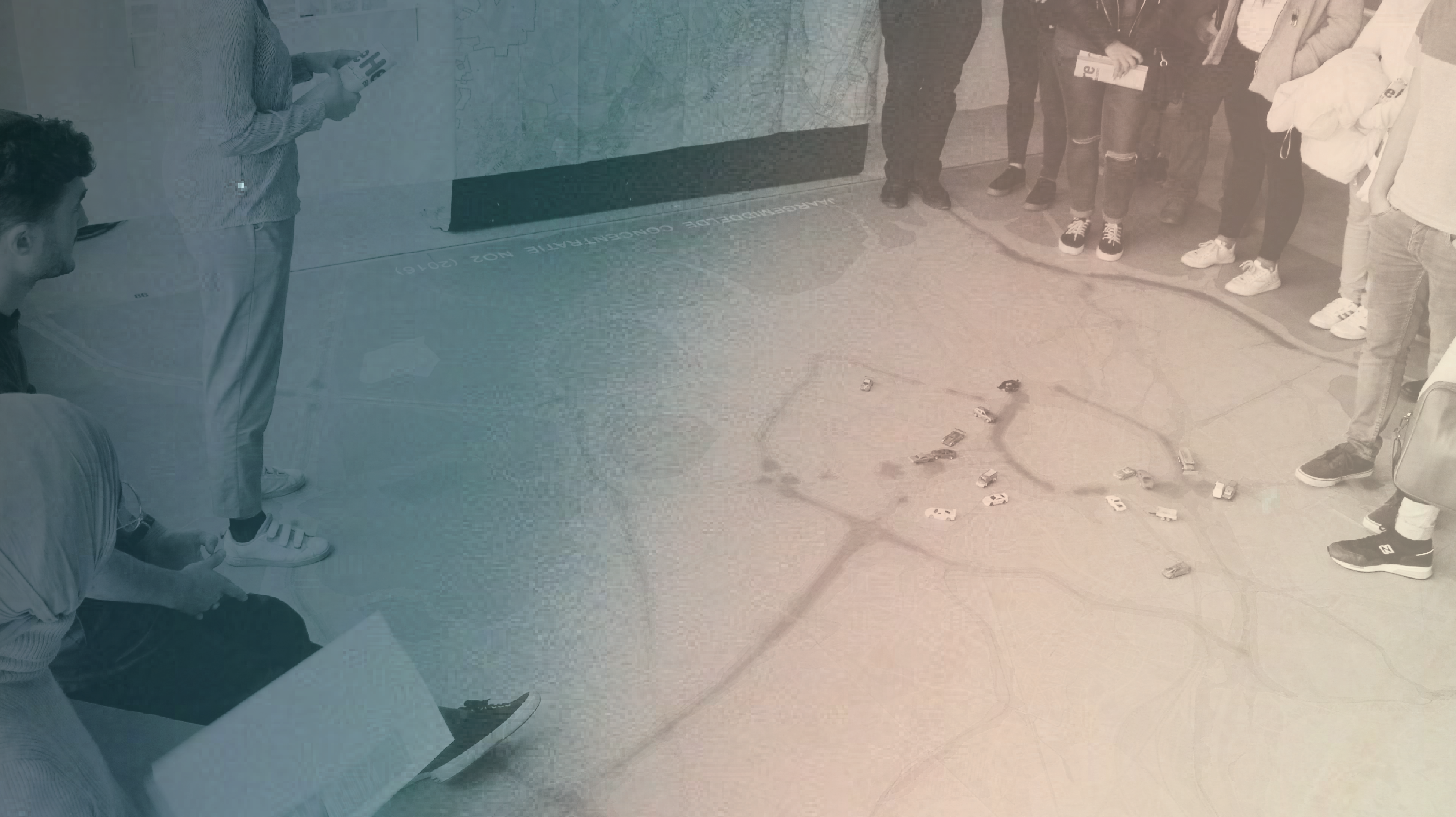
The global urban population is set to exceed 9 billion by 2100, intensifying urbanisation
What will sustainable future cities look like, how will they function, and be experienced?
What type of architecture and urban (re)design is required for decarbonisation?
How can we ensure thermal comfort, resource (energy, material, water) sufficiency, and environmental and spatial quality sustainably?
WHO ARE WE?
Sustainable Urban Futures Institute > SUFI
The research group SUFI at BATir is dedicated to research activities in the fields of Sustainable Architecture, Urban Design, Regional Planning, and Infrastructure and Mobility. Our research focuses on issues of Sustainability, Climate Change, Environmental and Spatial Quality across multiple scales of the Built Environment. SUFI operates within the systemic framework of Global Ecological Balance and promotes decarbonisation and sustainable urban development through innovative design, planning, and policy responses.
SUFI has developed expertise in two strategic research areas: Urban Resource use and Circular Metabolism (URCM), encompassing circular economy and urban metabolism; and Urban Ecosystem Services, Green infrastructure, and Environmental quality (UEGE), including mapping, analysis, optimisation, and Nature-based solutions. We value methodological innovation, employing both quantitative and qualitative methods, spatial analysis, participatory co-production, and research by design in interdisciplinary and transdisciplinary ways. Our research projects span individual grants and collaborative projects with Local, Regional, EU, International, and Development cooperation partners. Founded in 1928 as the “Institute d’Urbanisme” (later IUAT), SUFI shifted its focus towards sustainability in 2013, striving to create resilient, just, and liveable cities for the future.
RESEARCH AXES
Research at SUFI is conducted along two main research axes:
Sustainable Architecture and Urbanism
Prof. Ahmed Z. Khan
The global urban population is set to exceed 9 billion by 2100, intensifying urbanisation. However, prevailing models of urbanism, architecture, and patterns of urbanisation are resource-intensive, polluting, and unsustainable. Achieving sustainable architecture and urban design necessitates systemic analysis, envisioning sustainable futures, and prioritising decarbonisation. Key questions include: What will sustainable future cities look like, how will they function, and experienced? What type of architecture and urban (re)design is required for decarbonisation? How can we ensure thermal comfort, resource (energy, material, water) sufficiency, and environmental and spatial quality sustainably? This research axis, alongside URCM and UEGE, explores six core areas: History and Theory – Examining green consciousness, vernacular architecture, and visions/models of cities of the future (COF); Bioclimatic Design – Analysing thermal comfort, climate, resources, and passive strategies; Biomimicry – Harnessing nature-inspired principles, biophilia, and bio-based materials; Carbon Neutrality and Sustainability – Developing analysis, accounting, design and assessment methods; Regeneration – Focusing on sustainable urban renewal, inclusive public spaces, and energy-efficient renovation; and Urban Futures – Exploring COF models, scenarios, and research by design.
Infrastructure and Mobility
Prof. Philippe Bouillard
Transport policies and infrastructure are among the cross-cutting features for sustainable urban futures. The transport industry is taking a significant share in the global warming and climate change responsibility but also has other major negative impacts in terms of noise and safety. The car dominance that has been developed and implemented in most cities led to congested and polluted city centres. In this research axis, we are working on developing sustainable mobility solutions from the perspective of urban design (15-mins city, logistics) and infrastructure (public transport, pedestrians, and cyclists) mainly. The research contributes to reclaiming public space to redevelop the urban environment and (re)create liveable cities.

Research projects
LCA; CIRCULARITY; ECOSYSTEM SERVICES; BIOMIMICRY; URBAN METABOLISM; CARBON NEUTRALITY; URBAN REGENERATION; MFA; BIOPHILIA; RESILIENCE
> Urban Ecosystem Service Analysis & Alternative Urban Planning Scenarios
Ahmed Z. Khan, Philip Stessens
> CO-NATURE: Co-production Scenarios for Nature-based Urban Regeneration
Ahmed Z. Khan, Frank Canters, Philip Stessens, Amy Philips
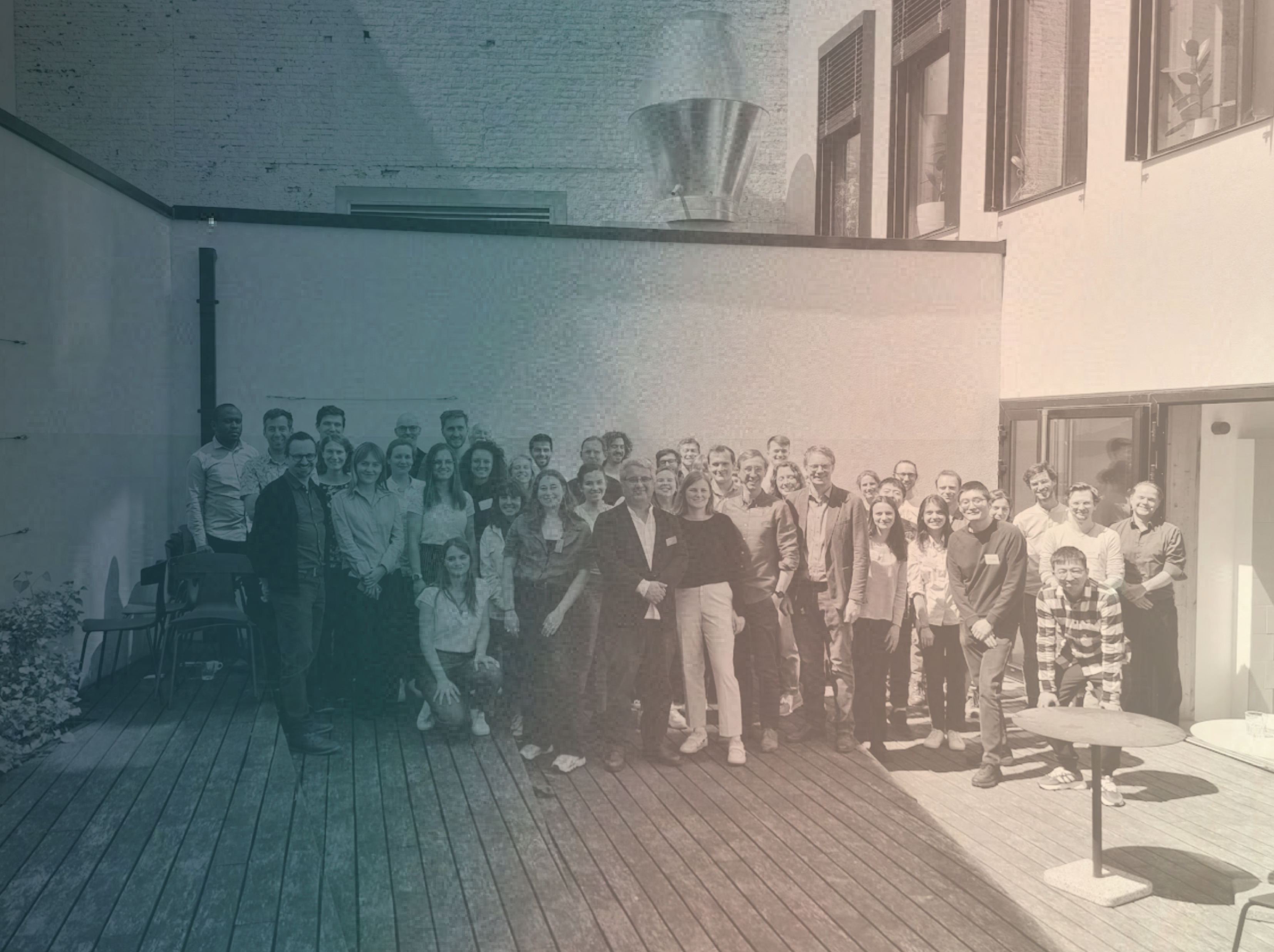
Seminars
DS2BE
Doctoral Seminars on Sustainability in the Built Environment
DS2BE is a joint doctoral seminar on sustainability research in the built environment, co-organised by research centres from 8 Belgian universities. It is a platform for PhD students to present their work and discuss the content with a broad panel of experts for feedback and furthering their research. During 2014, 3 such seminars were held. The initiative is now reorganised into a 2-day conference and will be held for the eight time as DS2BE 2024. More information below.
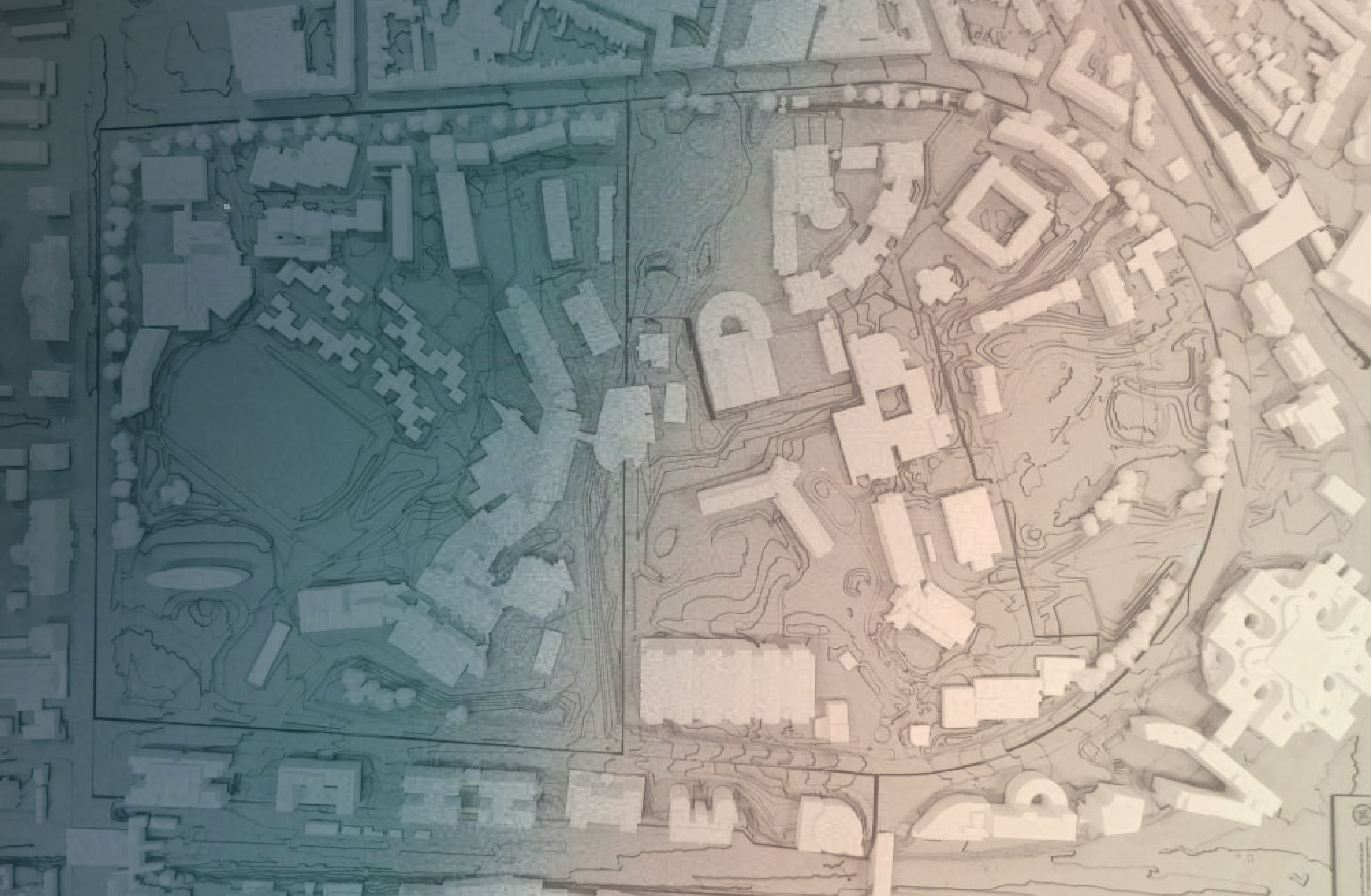
Studio
Sustainable Urban Design
Sustainable Architectural Design
SPATIAL QUALITY; BIOCLIMATIC PASSIVE DESIGN; SOLAR GEOMETRY; THERMAL COMFORT; RETROFITTING AND REGENERATION; CIRCULAR DESIGN; CARBON NEUTRALITY; N-ZEB; ADAPTABILITY; ROBUSTNESS; FLEXIBILITY; TRANSFORMABILITY; SUSTAINABLE MATERIALS; ENERGY EFFICIENCY; RENEWABLE ENERGY; WATER CYCLE; NATURE-BASED SOLUTIONS; INCLUSIVE PUBLIC SPACE; MIXED-USE; LIVABILITY; PERMEABILITY; BIODIVERSITY; SOFT MOBILITY; WALKABILITY
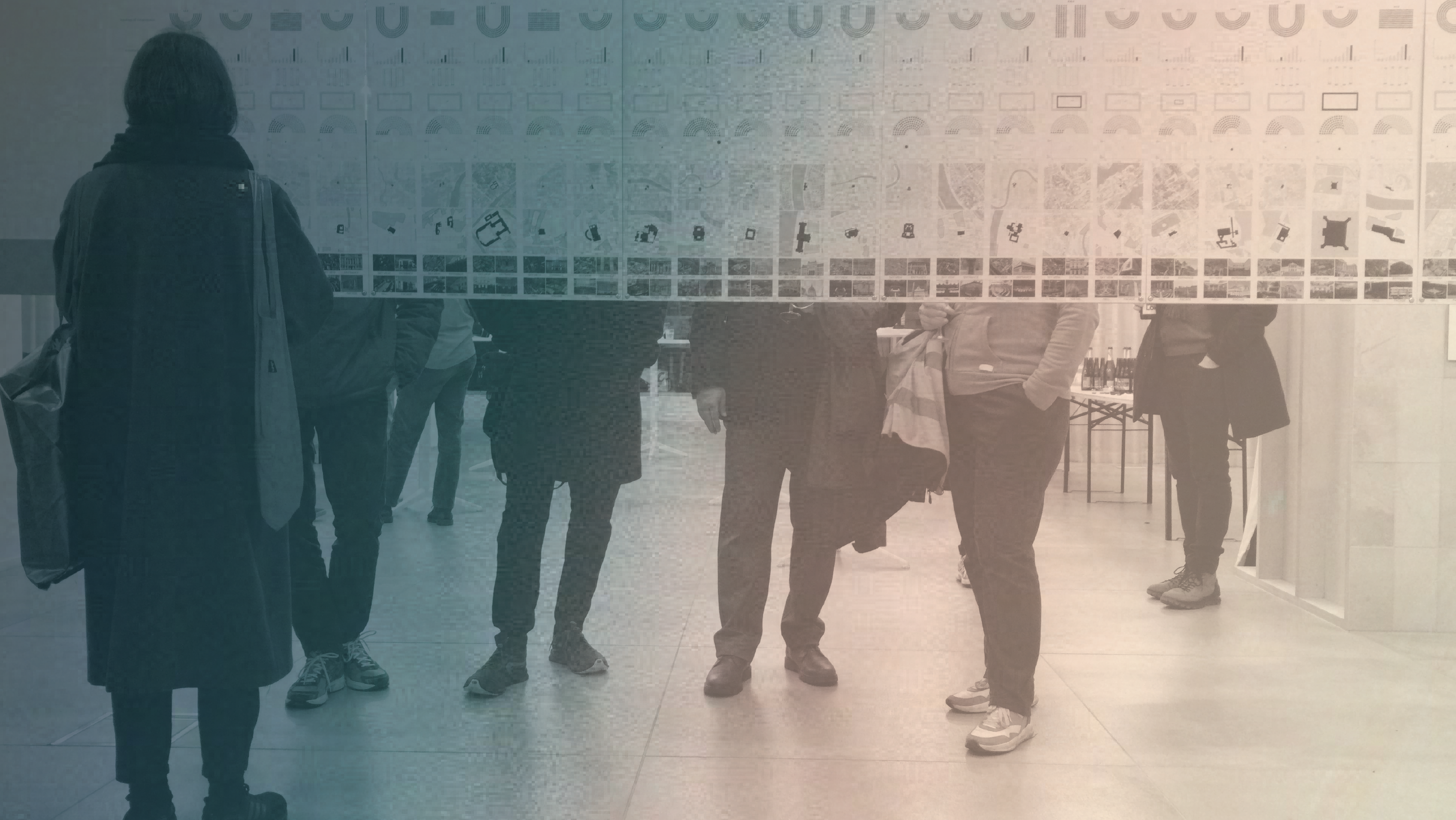
Teaching
Courses
AHMED Z. KHAN
PHILIPPE BOUILLARD
CNST-H423
Architecture, Engineering and Construction Project Management
5 ECTS
MSc
AE & CE
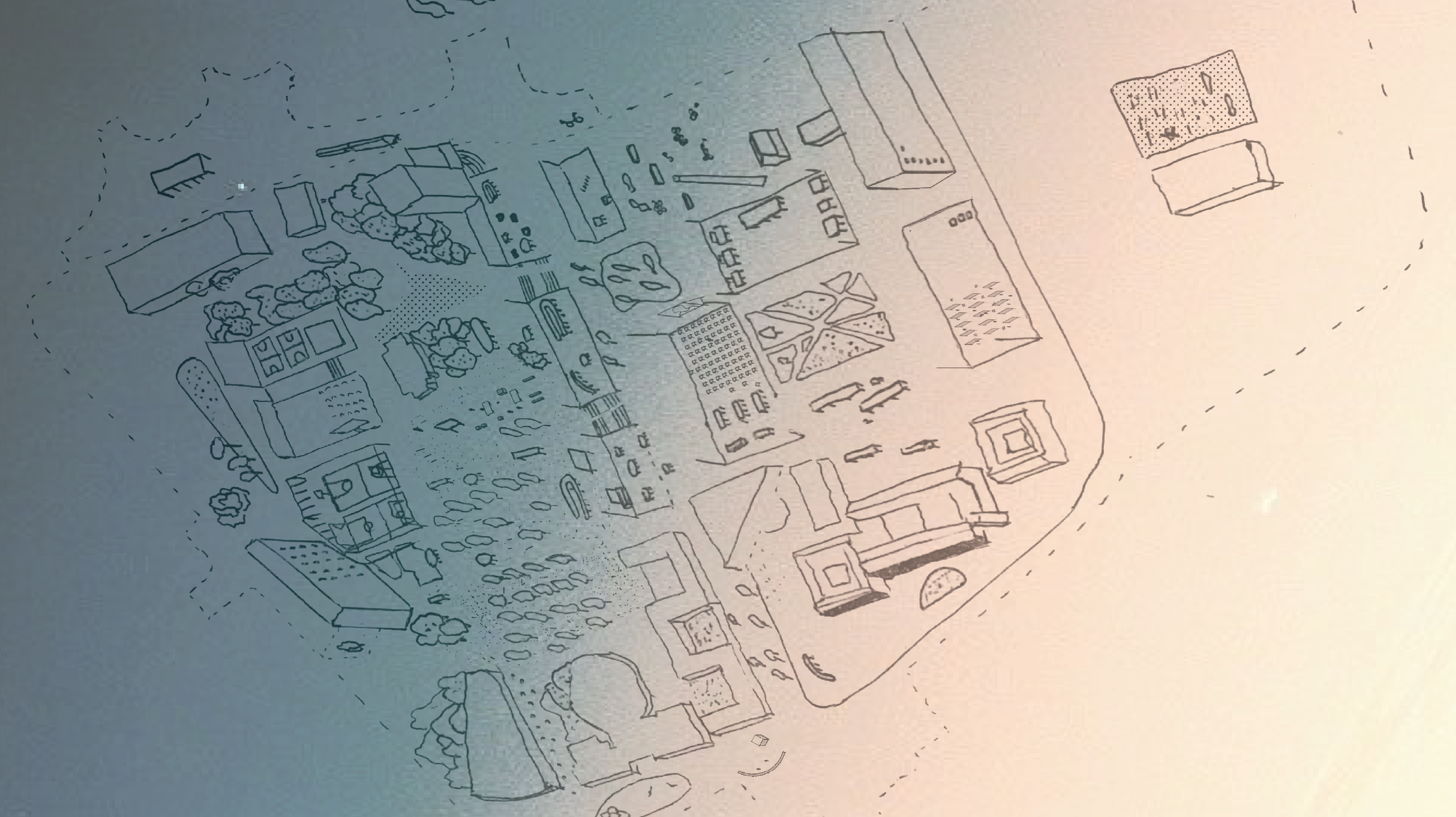
Team
Meet the team
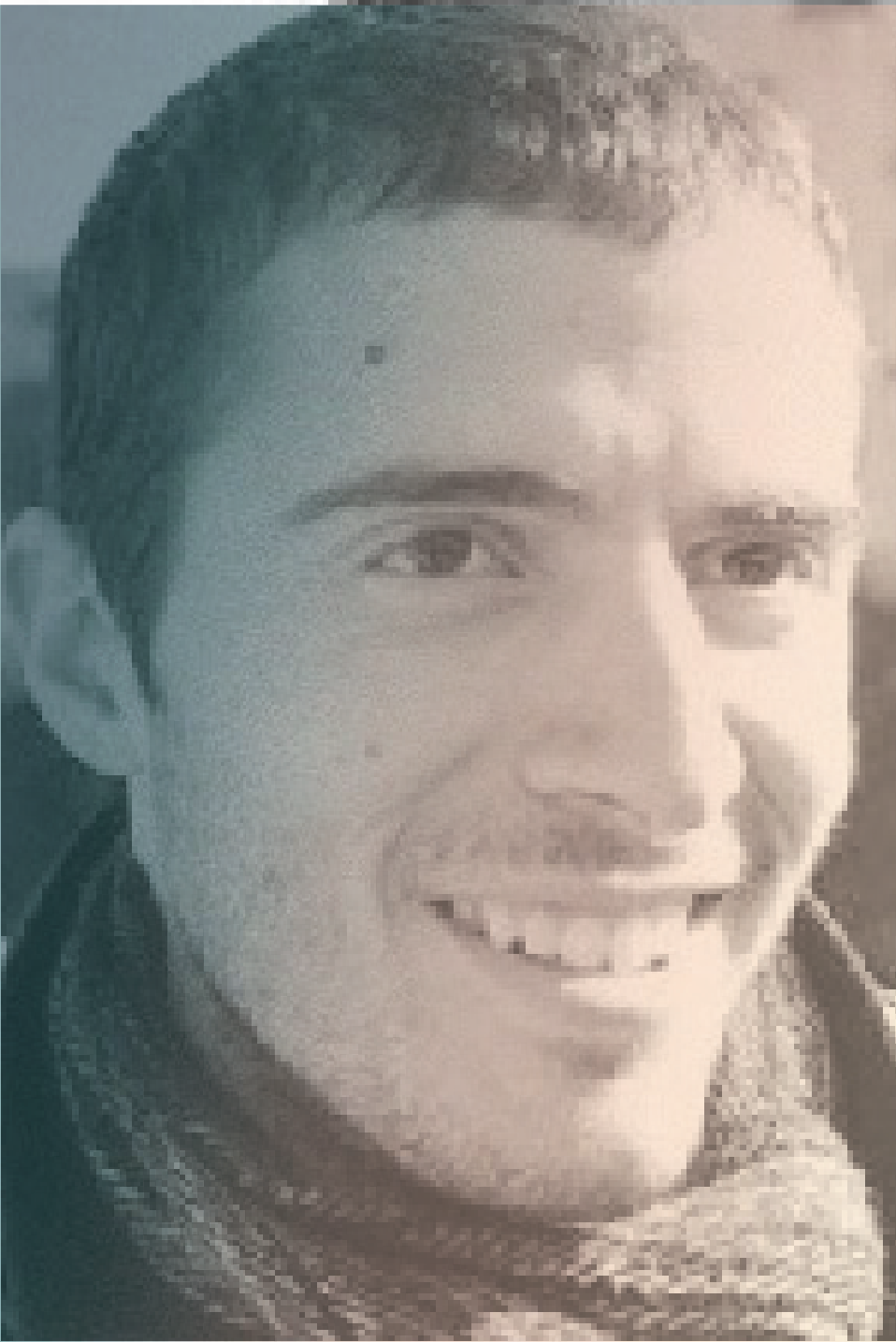
Aristide ATHANASSIADIS
Lecturer

Bertrand BLONDEAU
Secretary
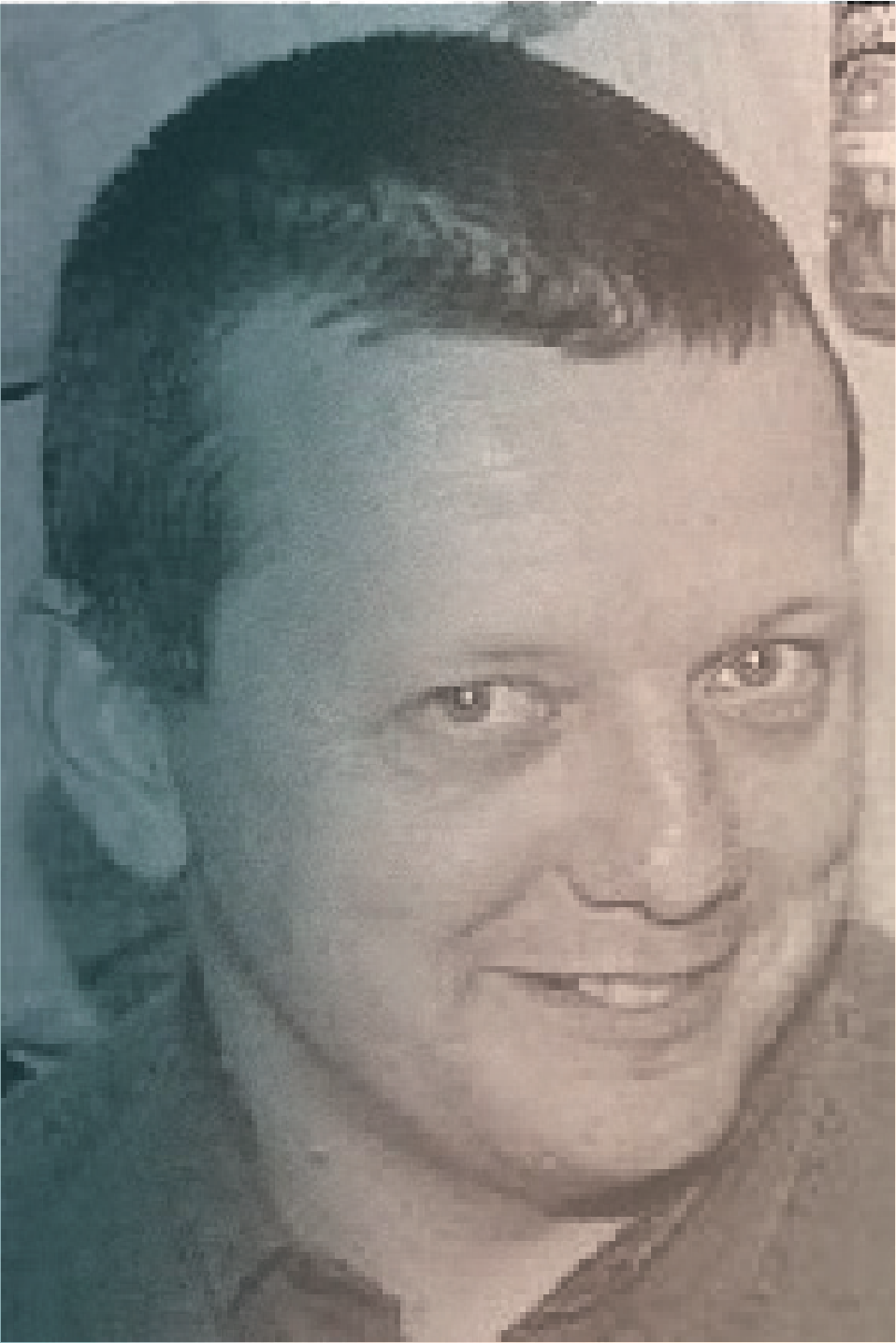
Philippe BOUILLARD
Professor

Aránzazu GALÁN GONZÁLEZ
Lecturer
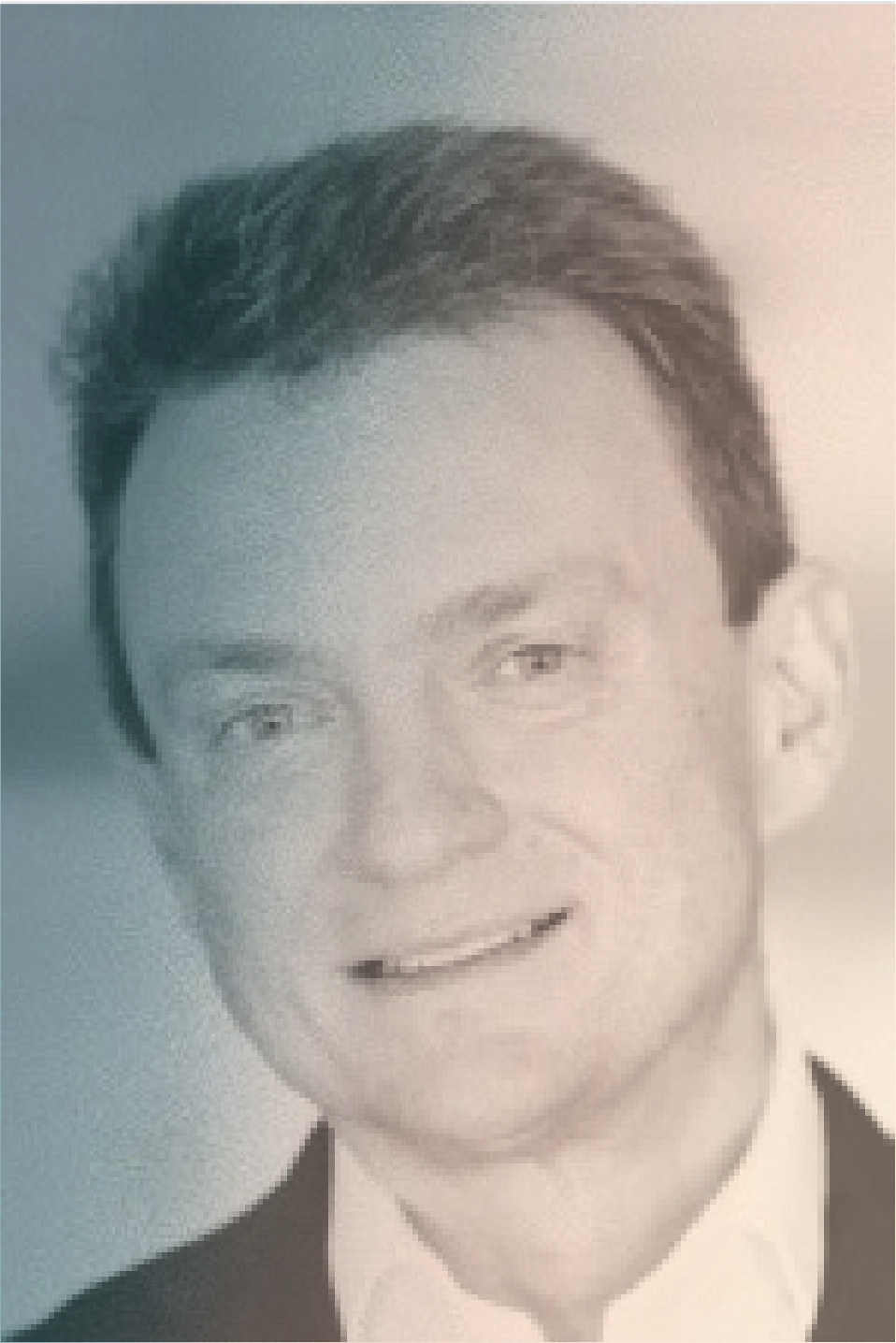
Vincent GÉRIN
Lecturer
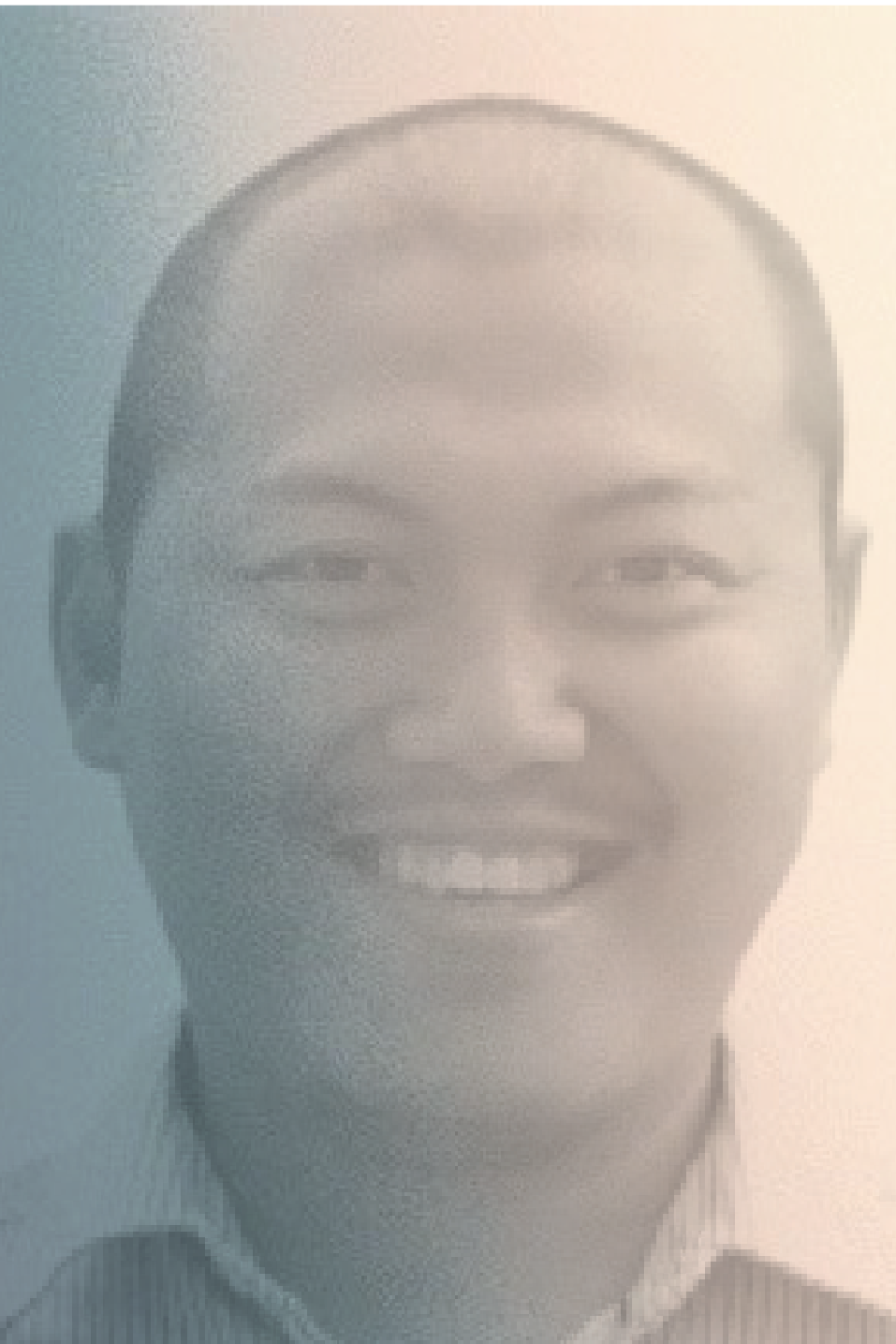
Hanif HANIF
PhD Student
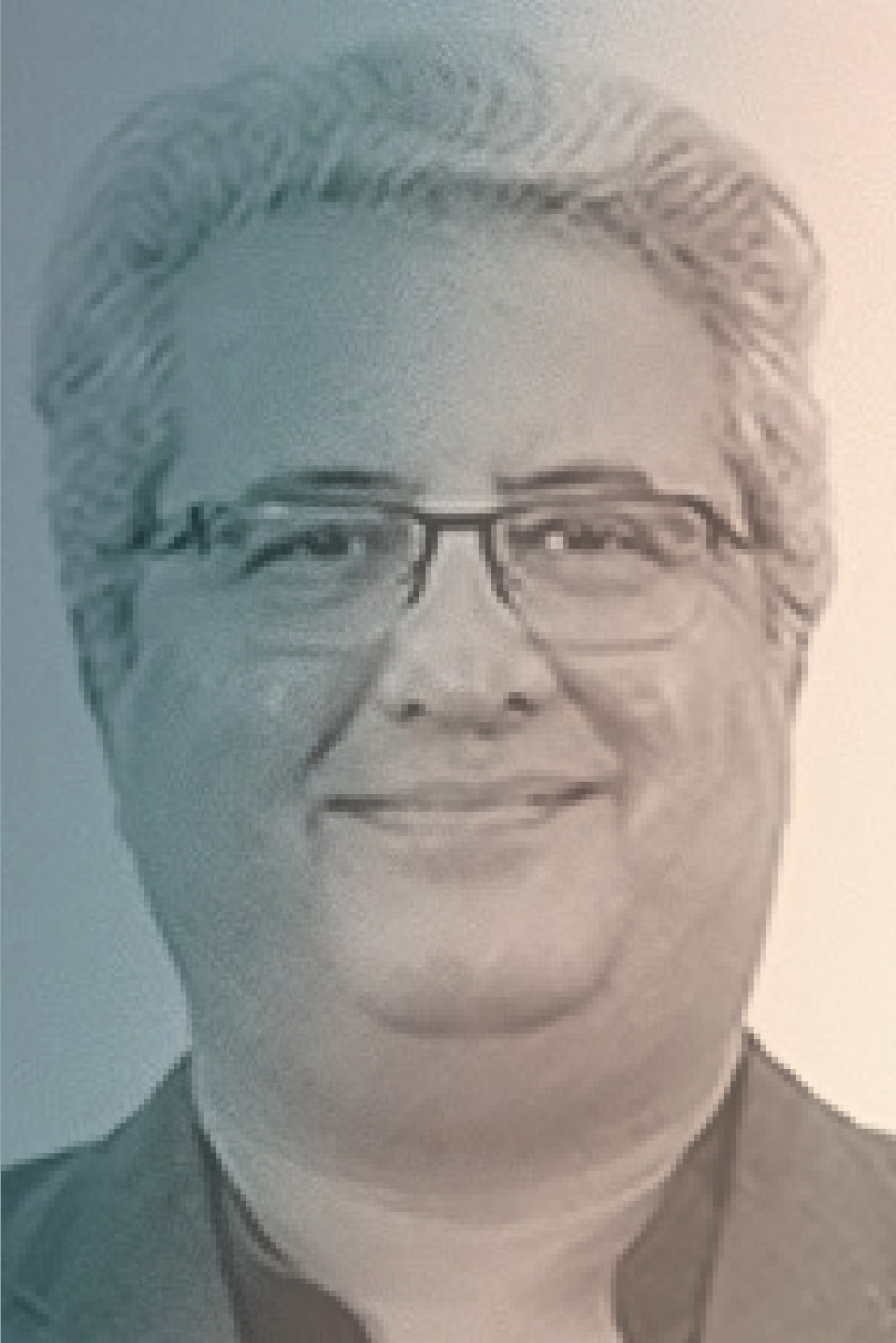
Ahmed Z. KHAN
Professor

Mina KHODADAD
PhD Student

Maha KOUAS
PhD Student
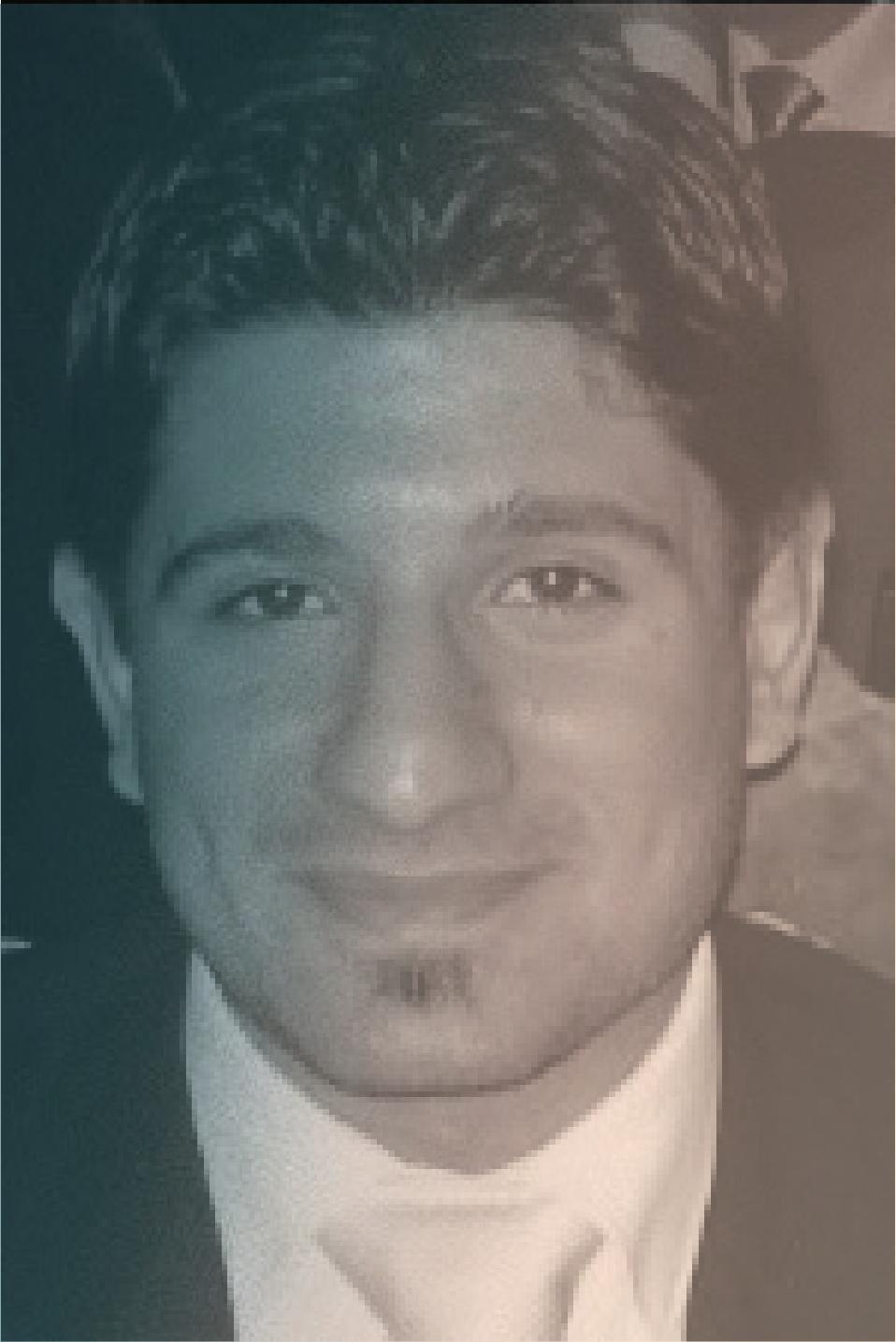
Moslem MOKDAD
PhD Student
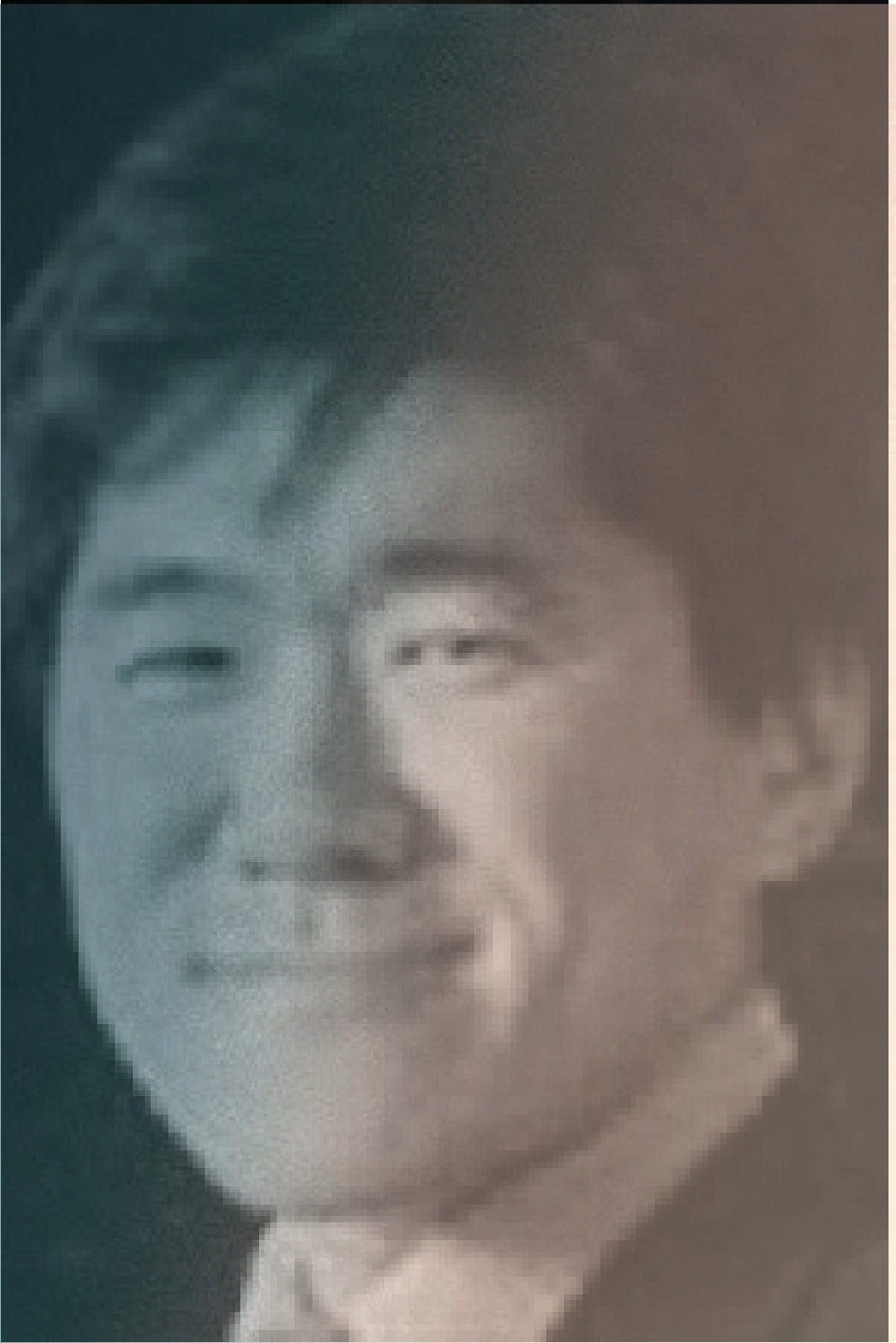
Kim MORIC
Lecturer
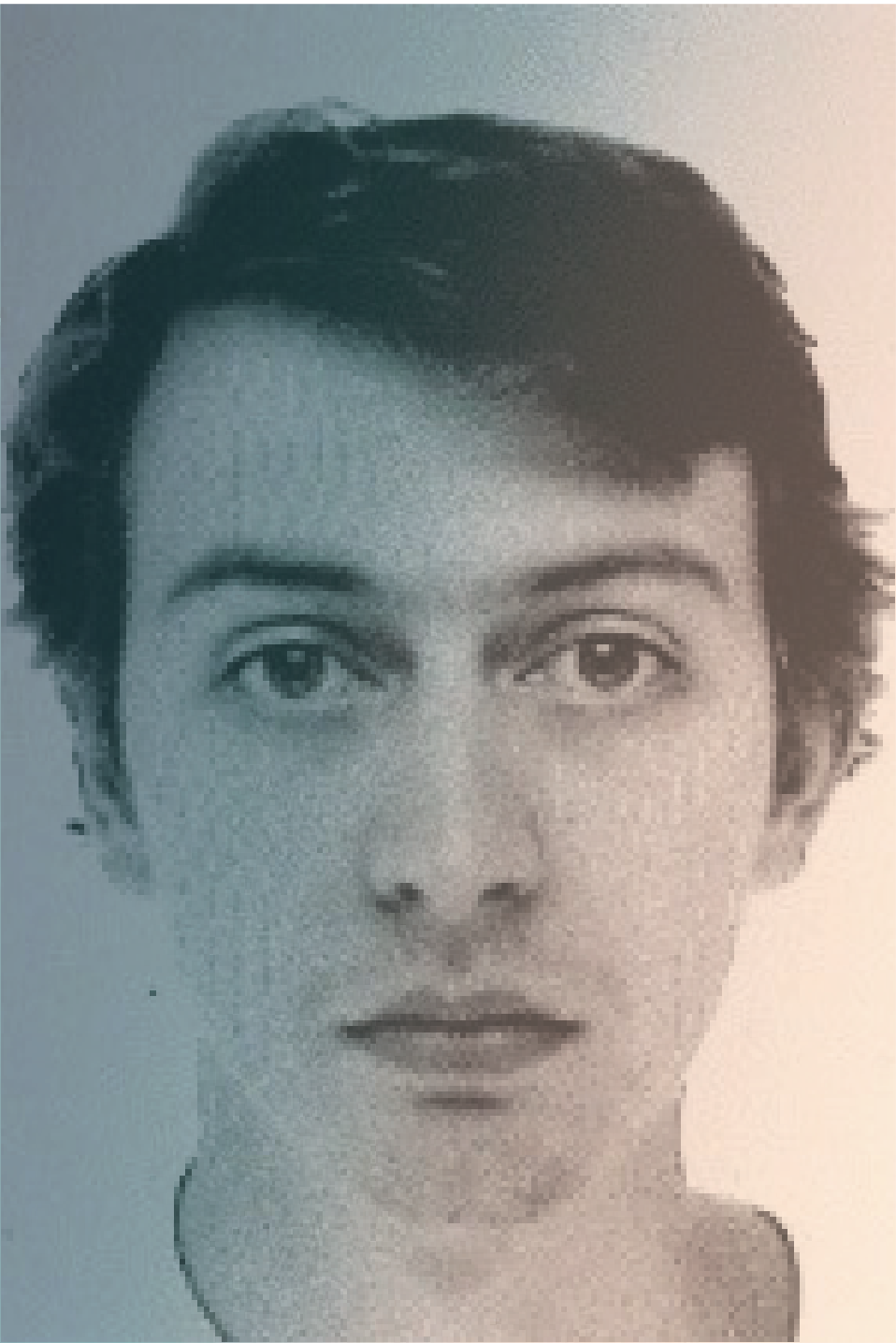
Victor OOGHE
PhD Student
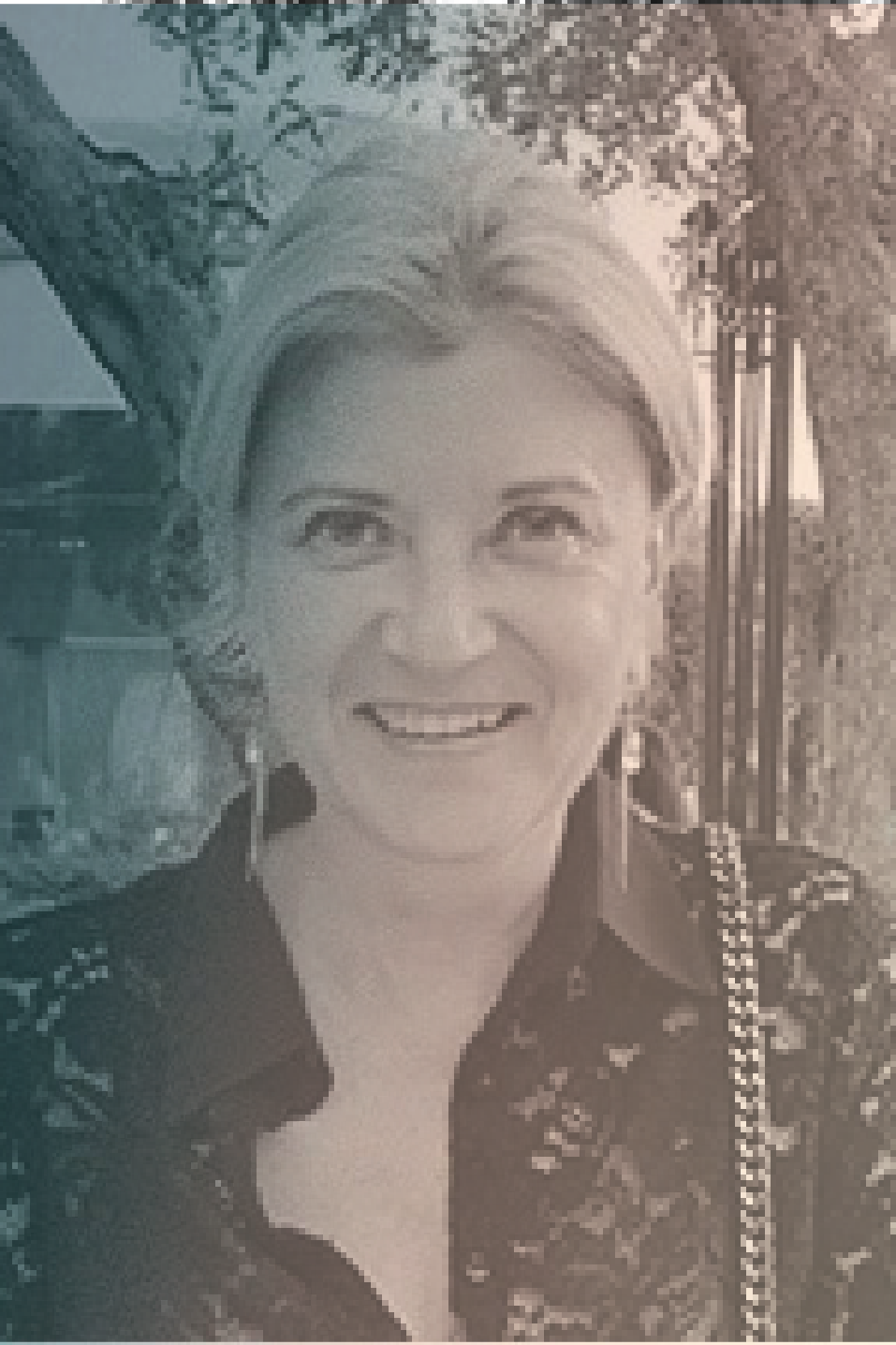
Dominique PIERSON
Secretary
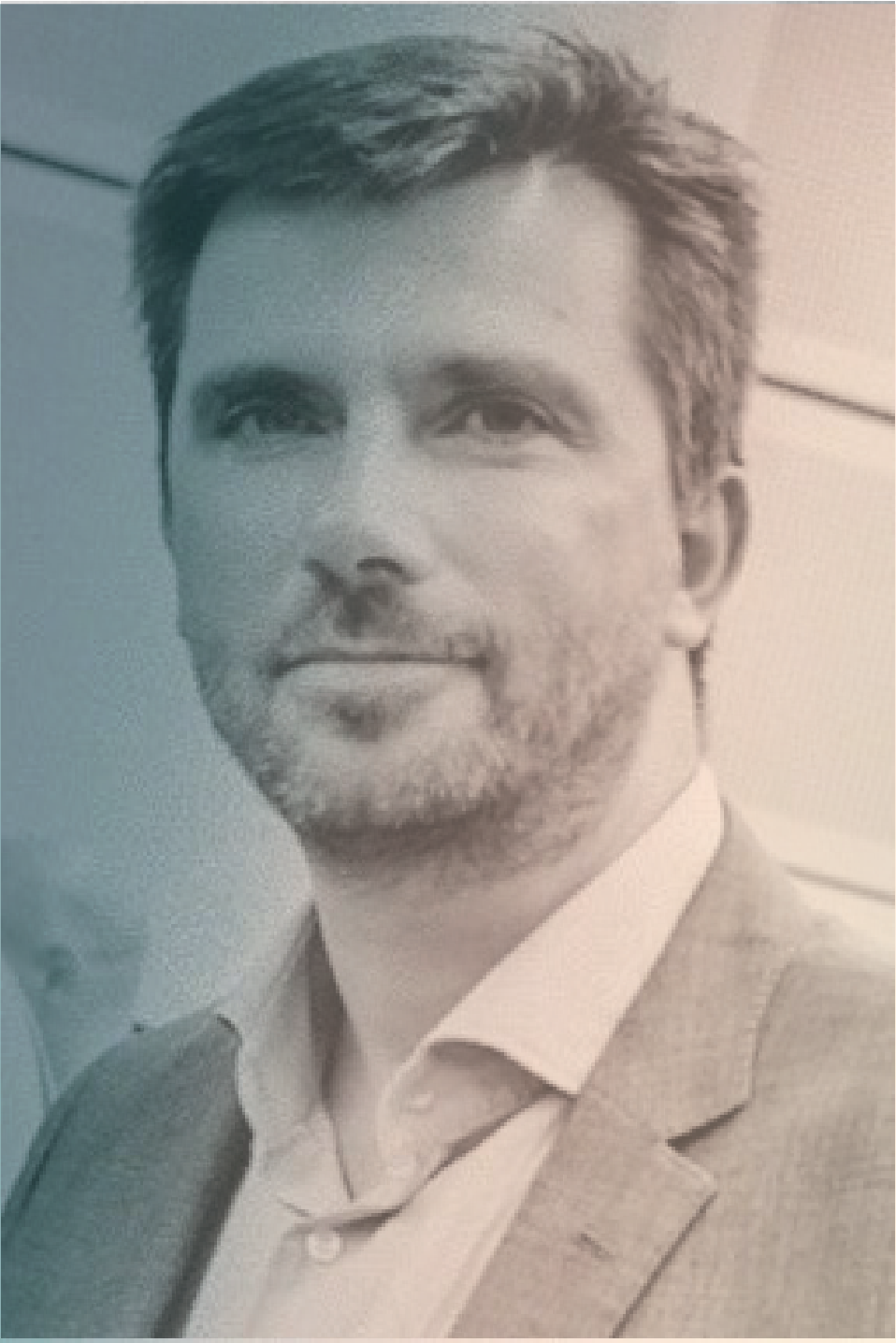
Jérôme SIMON
Collaborator
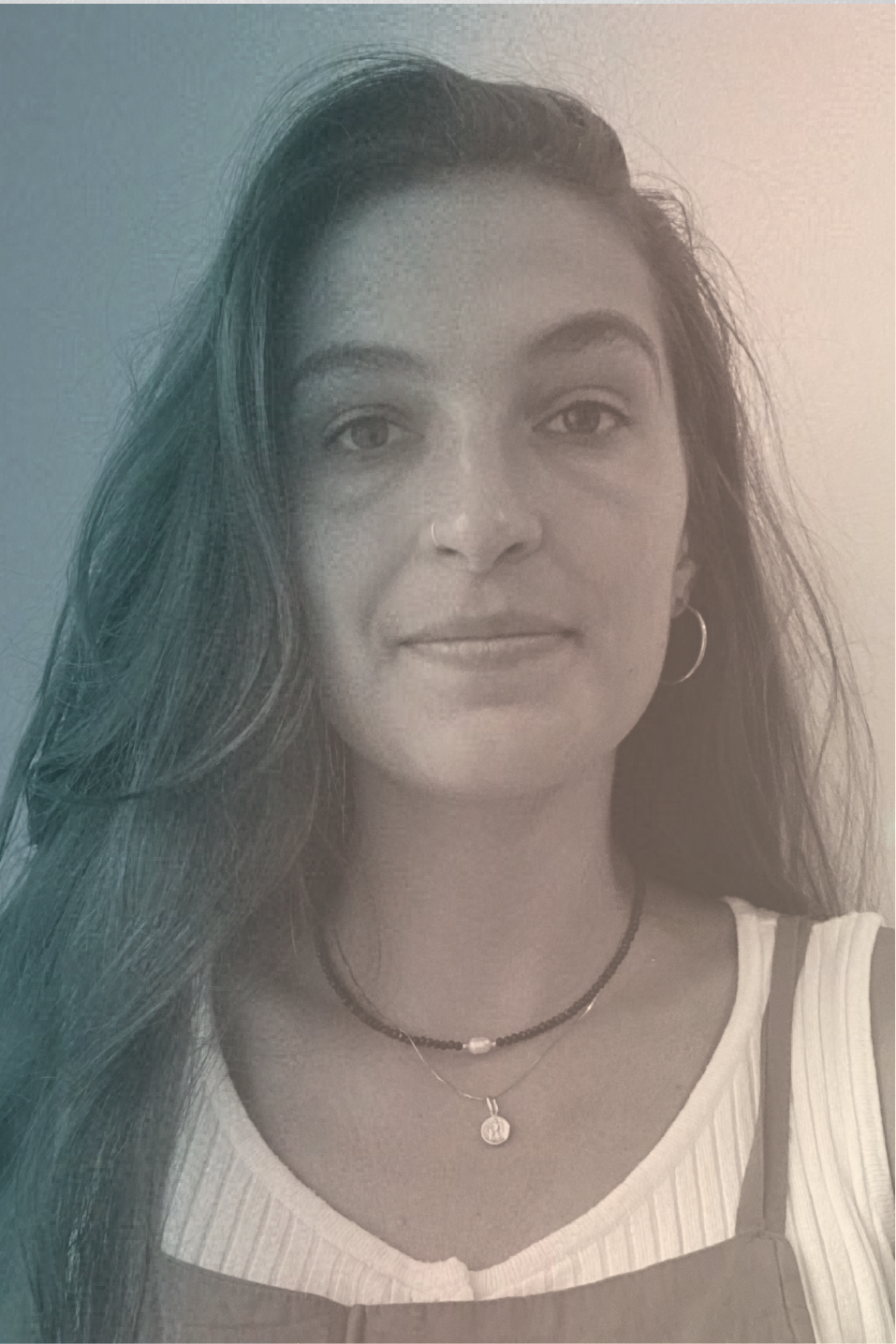
Nathalie VERBRUGGHE
PhD Student

Giulia Caterina VERGA
PhD Student

Cyril WYNANT
Secretary
